Pre Shot Routine w Chuck Quinton
Pre Shot Routine w Chuck Quinton
Hey guys, Chuck Quinton here, I'm sorry that Chris couldn't make it for this one, he's down with the woo flu, so send him some good wishes, he's feeling pretty cruddy right now, but hopefully he'll be back up and running in no time.
So we're talking about something interesting today, and I've got my swing, this is a swing from last week or two weeks ago, I was down in Arizona playing golf and I posted a couple of swings for you guys up on our Rotary Swing Golf Instagram channel, this is not one of the ones I posted, but this one has my full pre-shot routine, which I'm just going to let play in the background on replay here for a moment to give you something to watch while I'm yammering on here.
But what I want to really talk about is something I think is far more important and bigger than just pre-shot routine, it goes into everything when it comes to golf.
And what we're really talking about, think about golf instruction in general right now, obviously you guys know Rotary Swing has taken a completely unique approach to the swing, we're the only fact-based, black and white, scientific approach to the swing based on But is that really why people pay $1,000 an hour for a lesson with me versus $40 an hour with their local pro?
Well, certainly that's part of it, obviously what I've developed is very unique, but that's not all of it.
And what people really are paying for in golf instruction, when you're going to an instructor who charges a lot more than a local pro, is wisdom.
Now, what is wisdom really?
Well, a great way to think about wisdom is it's the experience or knowledge that you acquire the moment immediately after you actually need it.
So, in other words, we often learn through the school of hard knocks, we learn the hard way what we needed to learn in life.
And in golf, how many times can you point out, gosh, if I had just done this on that swing or remembered this or known that, I would have saved that shot or that shot blasted out of bounds or what have you.
And that's really what it's all about.
And when it comes to the mental game and the pre-shot routine, I think that this is one of the most misunderstood, and you guys know I hate training aids, because most training aids were invented by, this is a true story, true fact, most training aids are invented by people who aren't instructors, and they're just people like you, the average Joe, who's trying to fix a problem in their swing, and they come up with some crazy contraption that they think helps, and so they try to market it.
And then that's why 95% of all training aids fail.
So, I'm not for that stuff.
I'm not for trying to put band-aids on things.
I'm not trying to just, you know, tell you something that's not true.
The one thing about rotary swing is you will always hear the truth, even if it's not what you want to hear, you know, you've got to take a couple steps back.
We're not afraid to tell you that, because we want you to actually get better permanently for the long haul.
And when it comes to the pre-shot routine, this is something that I think that people look at as some mysterious thing that is, you know, you either have a great pre-shot routine, a lot of golfers really, really rely on it, and quite frankly, it's a band-aid just like anything else, even for tour pros who step up there and they go through this exact sequence of things, thoughts, what have you, to try and get them in the mindset to pull out their best ability for that particular shot.
And the reality is, what people think about when they play their best is not a darn thing.
Again, that's the truth of the matter, but let me step back on that for just a moment, because that's a lot easier said than done.
So in the reality, in the real world, our brains are full of so much stuff, so much stuff.
And a lot of you guys don't know, today, actually yesterday, was Rotary Swing's 17-year anniversary.
So over 17 years, I've gained a lot of wisdom.
I've had a lot of failures that have taught me things, and I wish I had known that just before I needed that, or just before I learned it.
But one of the things that you guys don't know over those 17 years is that early on, a lot of my teaching work, especially with tour pros, was on the mental game.
Paul Dickinson is a tour pro I worked with many, many years ago.
Many of you guys know, I used to chronicle his stuff back when we were just a golf instruction forum, and I showed a lot of his.
Hey guys, give me just a second.
I'm sorry, I'm trying I had to be put together last second with Chris getting sick.
So let me see if this works now.
Hopefully we will get it worked out.
Hey guys, Chuck Quinton here.
I'm sorry that Chris couldn't make it for this one.
Let me know if you can't hear the audio now, if the audio is okay.
I'll try to restart everything.
But hopefully he'll be back up and running in no time.
So we're talking about something interesting today.
And I've got my swing up here.
This is a swing from last week or two weeks ago.
I was down in Arizona playing golf, and I posted a couple of swings for you guys up on our Rotary Swing Golf Instagram channel.
This is not one of the ones I posted, but this one has my full pre-shot routine, which I'm just going to let play in the background on replay here for a moment to give you something to watch while I'm yammering on here.
But what I want to really talk about is something I think is far more important and bigger than just pre-shot routine.
It goes into everything when it comes to golf.
And what we're really talking about, think about golf instruction in general right now.
Obviously you guys know Rotary Swing has taken a completely unique approach to the swing.
We're the only fact-based, black and white, scientific approach to the swing based on biomechanics, neuromechanics, visits, etc.
But is that really why people pay $1 ,000 an hour for a lesson with me versus $40 an hour with their local pro?
Well, certainly that's part of it.
Obviously what I've developed is very unique, but that's not all of it.
And what people really are paying for in golf instruction when you're going to an instructor who charges a lot more than your local pro is wisdom.
Now, what is wisdom really?
Well, I think a great way to think about wisdom is it's the experience or knowledge that you acquire the moment immediately after you actually needed it.
So, in other words, we often learn through the school of hard knocks.
We learn the hard way what we needed to learn in life.
And in golf, how many times can you point out, gosh, if I had just done this on that swing or remembered this or known that, I would have saved that shot or that shot that blasted out of bounds or what have you.
And that's really what it's all about.
And when it comes to the mental game and the pre-shot routine, I think that this is one of the most misunderstood.
And you guys know I hate training aids because most training aids were invented by, this is a true story, true fact, most training aids are invented by people who aren't instructors.
And they're just people like you, the average Joe, who's trying to fix a problem in their swing and they come up with some crazy contraption that they think helps.
And so, they try to market it.
And then that's why, you know, 95% of all training aids fail.
So, you know, I'm not for that stuff.
I'm not for trying to put band-aids on things.
I'm not trying to just, you know, tell you something that's not true.
The one thing about rotary swing is you will always hear the truth.
Even if it's not what you want to hear, you know, you've got to take a couple steps back.
We're not afraid to tell you that because we want you to actually get better permanently for the long haul.
And when it comes to the pre-shot routine, this is something that I think that people look at as some mysterious thing that is, you know, you either have a great pre-shot routine.
A lot of golfers really, really rely on it.
And quite frankly, it's a band-aid just like anything else, even for tour pros who step up there and they go through this exact sequence of things, thoughts, what have you, to try and get them in the mindset to pull out their best ability for that particular shot.
And the reality is what people think about when they play their best is not a darn thing.
That's the truth of the matter.
But let me step back on that for just a moment because that's a lot easier said than done.
So, in the reality, in the real world, our brains are full of so much stuff.
So much stuff.
And a lot of you guys don't know today, actually yesterday, it was Rotary Swing's 17-year anniversary.
So, over 17 years.
All right, guys.
Well, it looks like the video is not playing okay.
Can you guys hear me okay now?
So, let's see if we can start over here.
Let me, if you can, you guys hear me okay?
See me okay?
All right.
So, that video that I prepared.
Okay, cool.
We'll just, we'll go live.
So, I did this video because I wanted to be able to cover a couple points and try not to forget them, but it looks like it's not going to work.
You guys know I live in the mountains and the internet access up here is not very good.
So, anyway, we're going to go live.
So, I'll put the video up later.
I'll put it on YouTube or something and then I'll send you guys a link after this and you guys can watch it.
Because I think there's some helpful stuff in there.
But the gist is, as I said in the video, Chris isn't feeling well.
And so, I had to step in at the last second to get him covered over.
He's definitely not feeling well.
So, His discussion point was going to be on pre-shot routine and all those things.
And what we're going to talk about now is the pre -shot routine is something that I think a lot of people rely on pretty heavily.
In order to try and overcome certain things, overcome band-aid issues in their swing when really, we're going to take a deeper dive into it.
So, and that's what I had prepared in the video.
So, hopefully, I'll remember the things I wanted to say.
So, I'm just looking at the notes here.
Just making sure we're good.
Okay, yeah.
For those parts, it seems like everybody's saying that we're good.
So, long story short, as I was saying in there, The difference in when you're looking at improving your game and who you're looking to get somebody to help you with your swing and all of those things, you know, we're all out there trying to play better.
We're trying to improve our scores.
We're trying to play more consistent golf.
And the reality is for most people, there's a certain stage that you get to where all of a sudden, you know that you have the physical capability.
You know you have the swing mechanics that are good enough to produce good shots by your standards.
The trick is, how do you get those to come out all the time?
How do you get those to come out consistently?
And that really is the secret of the game.
And so, I personally went through all sorts of stuff myself to try and figure this out.
And it was not exactly a smooth sailing story for me.
So, in an email a couple of weeks ago, I had mentioned that, you know, I had my first round of golf, my first tournament round of golf with my now wife, Christina.
She was my girlfriend at the time, over 20 years ago.
And I wanted to show her just how big of a stud I was.
So, on the range, I was out there striping the ball every single shot, pure it out of the middle of the face.
I could do the high draw, low draw, low cut, high cut.
It didn't matter what it was.
I could call it on command.
And so, I knew walking up to that first tee that I had my swing dialed.
Everything was feeling right.
I knew that I, you know, I brought out my best.
And so, I really wanted to show off a little bit.
And, you know, play a great round of golf in front of my new girlfriend.
So, sorry, I'm getting too many messages in here on my phone.
So, turn that over.
So, I stepped up to that first tee and as they announced my name and I see people looking at me and my girlfriend sitting there looking at me, I started to get a little sweaty.
My hands started to clam up a little bit.
My heart rate started to increase a little bit.
My breathing rate increased a little bit.
And tell me if you guys have felt this before, whether you're playing in a tournament or just in front of your buddies or teeing off in front of the people in the clubhouse.
And it gets to all of us.
And it doesn't matter what level you're at.
So, I went from being this range hero to stepping up to this first tee and not knowing if I was going to be able to even make contact with the ball.
So, that alone let me know.
But, sorry, I'm getting too many messages in Slack here.
Sorry, guys.
So, hopefully they will shut that down or I'll shut it down here.
So, I stepped to that first tee and topped it.
I hit the ball about 40 yards.
It was beyond humiliating.
I don't know if you guys can ever relate to that one.
But, I literally hit the ball absolutely nowhere.
I hit it into deep rough.
I went from hitting a perfect shot off a tee box to hitting it in a four or five inch deep rough.
I then hacked a three wood out of there and hit that a mile right.
I ended up making a triple bogey on the first hole.
It was an absolute disaster and humiliating.
It was embarrassing.
I was, you know, here I am trying to impress this girl.
And now I've just completely thrown up all over myself on the first hole.
And I ended up shooting 48 on that side.
My caddy, who was my best friend at the time, got onto the 10th hole and he's like, dude, what is wrong with you?
What are you doing?
I don't know what's going on with you.
He's like, but you got to like go back to basics.
Like I've never seen you play this bad.
I don't know what's going on.
What's in your head.
If you're trying to work on your swing or whatever, but like you, you gotta, you gotta reboot here.
And so I did, I got up on that 10th tee and it was a drivable par four.
I drove it and I made an eagle and I went around and shot 32 on the back.
So I went 48, 32 for the best round of 80 that I've ever shot in my life.
Not that I was proud of an 80, but it was certainly better than where I was heading on the front nine.
Now that lit a fire under me to wonder how on earth could I play so bad?
And then just minutes later, play so well, play to my potential.
And how do we do that all the time with golf?
Like what goes on in our heads that causes us to go from ones, you know, Dr.
Jekyll and Mr.
Hyde.
And I don't know if many of you have experienced that, but to me it's happened many, many times.
But that moment there set a catalyst for me to figure out how do I get the first team all American guy to be out there all the time?
How do I get that guy?
Not, you know, the guy who tees up a second shot after you've already hit one in the woods and you stripe it down the middle.
I'm sure you guys have all been there.
How do you get that guy to come out all the time?
And to me, that's the secret of what a pre-shot routine is, per se, or what the mental game is, per se, because it's not that the routine itself is the secret.
It's not that that's the panacea.
It's not that that can really even do necessarily any good.
You can have the most perfect pre-shot routine in the world if there is such a thing and still play bad golf.
I think people use a pre -shot routine as a crutch.
It's a way to kind of hide the things that are really going on in our swing, in our heads that are keeping us from playing to our ability.
So that's what we're going to talk about.
We're going to talk about how I overcame that and get to the point where you can bring out that guy who's the second shot, the one that stripes it down the middle after you've just blasted him out of bounds, because you'll understand that something you've gone through, and maybe you haven't realized it, but you have the ability to pull that shot out all the time.
But there's one thing that you've got to do, and that's what I'm going to talk about.
Before I get there, I want to talk about some stuff I did with tour pros back in the day.
So many of you guys don't know, but rotary swing, as of yesterday, is 17 years old now.
And early on in my career, I used to spend a ton of time working with tour pros, and a lot of the work I did was actually on the mental game.
My undergrad degrees in psychology, that was really my passion.
And I really loved doing mental game coaching after I figured out how to do it for myself.
So one of the students I was working with was Paul Dickinson.
Paul played on the tour.
He actually set the course record at Valdosta.
For those of you who don't know Valdosta back, it's on the nationwide tour at the time.
It was the longest tour or longest course on any tour.
It was like 7,800 yards.
Paul's not a long hitter.
He went out there and shot 62 and led the tournament for three days.
So what's interesting about that is how can this long, you know, this mediocre, you know, distance-wise ball striker, he probably hits at maybe 280 off the tee, how can somebody like that go out and dominate?
And this is, I don't remember exactly when this was, maybe late 2000s.
But at that time, distance was really starting to become a huge part of the game.
And everybody on the nationwide tour was crushing the ball.
And here comes this guy who's, you know, probably in the bottom half of driving distance and he's out leading on the longest course on tour.
Now, there's a lot of things that, of course, that go into that.
But what's interesting about it was a lot of the work that Paul and I had done on the course, many over many, many years of looking at how to get Paul's best guy, best ball striking to come out on a consistent basis.
So here's an exercise that I asked him to do, and I'm going to ask you guys to do the same thing because it will help you start to understand the missing link.
It'll help you understand what it is that's keeping you from playing your best golf.
So Paul and I were out on the course one day and we were working on his game and I said, listen, your ball striking is more than good enough to be able to play competitive golf on the tour and, you know, do well to be competitive to win.
And I said, that's not the problem with you.
You see that you can hit these perfect shots.
You've hit a dozen perfect shots today already.
It has nothing to do with your balls, your, your mechanics at this point.
I said, what you've got to understand is something different.
And this is what I want you guys to do.
I'm going to give you an exercise.
So I, we're out on a par three.
It was like a five iron into the hole, maybe 225 or something.
And I said, Paul, all I want you to do is this.
I want you to do nothing other than observe what goes on in your head, the thoughts that pop up.
So don't judge them.
Don't think about them.
Don't do anything like that.
Just mark them down, write them down in your head over this next shot that you're going to hit and just tell me what you're thinking.
Now, many of us, if I, you know, I'm asking you guys to do this too, obviously can't do it right now, but when you go out on the course tomorrow, next time you're over the ball on the course is when this matters.
I want you to, to take inventory of the thoughts that run through your head and don't, don't do anything else other than just kind of think about them and write them down.
So I had Paul do this exercise.
He goes up there and he hits this ball, hits a perfect shot.
It's a great shot.
It's maybe 10 feet, you know, got a great birdie, look at birdie, but he looks back at me and he's, he's looking at me dumbfounded and perhaps even a little angry at first.
I wasn't really sure what his reaction was.
I wasn't sure what had just gone on, but he, he, he, he looked at me and he, he, he didn't understand what had just happened.
And now mind you, let me just give you a little bit of background.
At this point, Paul was a university of Alabama, all American on the golf team.
He's played on the tour for 10 years at this point.
Like he's no spring chicken, right?
This guy's been playing professional golf, competitive golf for a long, long, long time.
So you would think that somebody at that level who's been making their living playing golf for that long would have the mental game just dialed in.
He wasn't even aware there was such a thing as a mental game.
He thought that as long as he practiced all day, every day, which he did, you know, practiced eight hours a day, had the most structured practice routine you could possibly imagine.
He thought if he just did that, that was the secret to getting him to stay on the tour, you know, make it through Q school again and being able to stay out there and keep his car, but it wasn't.
What he realized was that he had no idea the stuff that was going through his head, every single shot.
Now, for many of you, it's, you know, swing mechanics, this, and don't hit it over there, what have you.
For Paul, it wasn't like that at all.
And this is what set him, you know, on a very divergent path from where he was working on, the direction he was going with his game.
He said, because I was just thinking about, I had to pick up my kid after school at daycare.
I had to go get groceries.
My wife said, I have to make dinner tonight.
All of these crazy thoughts that had nothing to do with golf buzzed through his head.
I mean, instantly.
And it was a revelation for him.
And for you, I think it will be much the same because we truly don't have any idea, all the ruckus, all the chaos, all the noise that's going on in our heads over the ball.
Now, first of all, you have to be at a point in your game where your mechanics are good enough that you can consistently produce good golf shots.
If you have poor mechanics and you can't hit a good golf shot with one out of every 20, then having a great mental game isn't necessarily going to change that.
You have to build simple mechanics.
You have to have a swing that allows you to produce good mechanics to produce the same swing over and over and over again.
Once you're there, which is what Rotary Swing is all about, is to build a very, very simple, boring golf swing.
But once you're there, then you're able to start looking at the details, the stuff that really matters, the stuff that separates you from being the player that you can be versus the player you are now.
Because once you realize all the mindless chatter that's going on in your head, it will completely change the way that you think about the game.
And because at the end of the day, there's one simple thing that I want you to understand and want you to know.
The thing that took me years and years and years to understand how to overcome this for myself, to go from being somebody who shoots 48-32 in a competitive round of golf to a guy that won a bunch of trophies playing golf.
The difference for me was this.
And before I give you the answer, I want to tell you just a little bit more background about what I did to get here because I tried everything.
And if you're on this and you're looking for, you know, looking at more in the pre-shot routine and the mental side of the game, you're probably similar.
I read every single Dr.
Joseph Parent golf book.
I read all of Rotella's stuff.
I went and worked with golf sports psychologists.
I went to everybody under the sun to try and figure out why I could play so great by myself or out on the range.
And I could not transfer to the course when it mattered, when the money was on the line or, you know, people were watching or what have you, because I would totally fall apart.
And it was devastating.
I had to overcome this in order to be able to play great golf and to be able to play competitively, professionally.
So I tried everything.
As I mentioned, I tried all those things.
I tried hypnotizing myself.
Actually, that kind of worked.
It was a little strange, but I did learn how to hypnotize myself.
I studied Zen Buddhism for about three years.
That's how hardcore I went in, trying to understand, how can I hit this stupid ball with this stupid stick?
Like I do on the range, or like I do when I'm playing by myself, or like I do when there's no pressure on the line.
I literally tried everything.
And the answer for me, like everything else in life, is really a bit of Occam's razor.
It was really the simplest thing was this.
You have to stop caring without being careless.
When you understand what that really means, then you'll realize that the pre -shot routine doesn't matter.
That's why I had that video loop of my swing playing up there.
I apologize.
The video fee doesn't work.
I have terrible internet service up here, which is, again, why I don't do a lot of these things, because my internet service dies at like 5 p.
m.
But that video loop, and again, I'll post this video on YouTube, and I'll send it to you guys later so you can hear a much better presentation that I did and have the video playing, because it's actually a little bit hypnotic in itself, because it helps you understand that the pre-shot routine is like this.
And it's not saying that I'm trying to rush, but you'll see that I spend no time, no wasted time.
There's no wasted energy.
There's no wasted effort when I'm going and hitting this ball.
I'm stepping up there.
I'm seeing my line, and I'm hitting the ball, and there's no thought, because the difference is I don't care about what the outcome is.
And when you understand what that really means, when you embrace what it means to not care and not be careless, then you're truly free to be your best golfer.
Now, let's go back to the example that I mentioned earlier.
How many of you have stepped up and perhaps hit the ball great all day or on the range or whatever, and all of a sudden this weird shot pops up, and you hit it out of bounds or gosh knows where.
And then you step up and you hit another ball, and you stripe it right down the middle.
How many of you guys have done that?
I'd love to see you in the chat.
If you've done that before, let me know.
Because the difference between that golfer and the second team All-American is that you didn't care on the second shot.
You've already taken all the pressure off.
You've already hit the bad shot.
You're taking the two-shot penalty.
You just don't care.
And that is the only difference.
It was the thing that allowed me to win my first tournament of golf.
I was playing the first tournament I ever won that was like a really, really challenging tournament for me was a club event back in the day.
It was a match play championship, and I had to play against Scott Longevin.
I don't know if you guys know him, but Scott was the world match play amateur champion.
So, you know, he's not exactly a bad stick.
And I had to play him.
This is like back in 07, I think, or something.
And I was still bouncing around trying to find my way.
I was playing these mini tour events, and I'd play a PGA event, and I'd go to, you know, play in these amateur events and what have you that were like club events that I could play in.
And so it came down to Scott and I in the final match for the championship.
And it was a little bit trying for me because Scott had kind of his entourage out there.
You know, again, this is like a club tournament thing.
So it's a private golf club, but all of his friends, he lives there at the club.
I was new to the club.
I'm a nobody.
And all these people are there rooting for Scott, literally like rooting for Scott.
And he'd won the club championship like, I don't know, three or four times.
So he was kind of favored to win.
And here I am, this new guy who nobody knows anything about.
So there was a lot of distraction.
There was a lot of pressure if I put pressure on myself.
Because here I want to look good in front of this club.
I'm a new member.
You know, here is this world match play champions, traveled all over the world playing competitive golf.
And this guy hits the ball a mile.
Now, how many of you guys had to play with that guy, right?
Like I'm a long hitter and Scott was matching me shot for shot.
So normally I like to intimidate people with my distance off the tee because it is imposing.
But here's a guy where I couldn't get that.
This guy matched me every single shot off the tee.
And so we were duking it out all the way to the 17th hole where I finally was able to close him out.
But the difference was this.
A year before, a year earlier, there's no way I could have beat this guy.
Not because my golf skills or ball striking ability or short game or whatever wasn't up to par with it.
It had nothing to do with that.
There's a point in your game, a point in your life where you realize that that's not the deciding factor.
And that's where I was.
I knew that I had the ability to play golf.
I needed to get that second team All-American on the starting squad.
And the only difference was is all those distractions, all those people out there watching us.
And it was, you know, it's a big club.
There's hundreds and hundreds.
I think there's like 800 members there.
And so we had a huge group following us on the back nine.
And it was a big deal.
And it was easy to get wrapped up in all of this stuff.
And the simple truth of the matter was I just didn't care.
I didn't care if I won.
I didn't care if I lost.
And that's a hard thing to do.
It's a hard thing to let go of because you're out there playing competitive golf.
Who can say that they're playing competitive golf and they don't care?
And, of course, I have a whole wall of dozens and dozens of trophies over here that show that I care somewhat.
So what does it really mean to not care without being careless?
And the truth is it's just expectations.
It's letting go because the reality is you really don't have that much control over what goes on, and over a round of golf.
There is the rub of the green.
I've had shots that I've hit absolutely as pure as I could possibly hit them straight down the middle, and I couldn't find the ball.
I don't know if a gopher ate it or it fell in a sprinkler hole or God knows what.
But I've had that happen.
What do you do about that?
You can't – when you associate yourself and you attach yourself to the outcome of things that you truly don't have that much control over, it creates so much noise in your mind that you can't focus on what you're doing.
And the simple truth matters that golf is a very, very singular game.
It's a very selfish game.
It's meant for you to be focused on just you in that moment.
Every time you're over the ball, nothing else matters.
Nobody else matters.
There's nobody else there.
And that used to be really, really hard for me, especially when I started becoming a well -nosed instructor and doing a lot of playing lessons.
These people are paying me all this money to teach them on the course.
And, of course, if you're spending all this money for this golf pro to show you how to play golf, you expect them to play well.
Now, I know that I could play well.
They know that I could play well.
But it's pretty embarrassing if you go out and have a bad round in front of a client.
You guys can have the same thing if you played in front of your friends or your boss or your spouse or whatever it is.
But the reality is this.
You have to let go of your expectations.
You have to not care without being careless.
And when you understand what that means, when you truly internalize it and you realize all of the background noise, it's running through your head all the time, you will be able to start to move past it.
But you first have to recognize all the crap that's in your brain.
And that's the thing that was resonating for Paul, that he had no idea.
This guy's been playing professional golf for a decade at this point, and he's thinking about over the ball, over a shot that matters.
At least, what does that really mean, right?
It's a shot that matters.
But in this case, a shot that I wanted him to pretend that it mattered.
And he's thinking about he's got to pick his kid up from daycare.
I mean, that's crazy, right?
You don't expect that tour pros at that level think like that.
But I promise you they do.
And everybody does.
This is what's interesting about the game.
You're able to move past where you are now, leaps and bounds, And start to get that second-team All-American out there all the time.
When you start to recognize the simple fact that you have so much stuff going on in your head, that's tied to expectations.
It's tied to you simply caring too much.
It's too important.
You have to let go.
And as simple of an answer as that is, it's truly one of the hardest things that you'll perhaps ever have to do.
But once you do that, you'll be able to step up in front of anybody because they won't be there.
It won't be real to you.
You don't care that they're there.
I do that all the time now when I step up in a new golf course or in front of new people, I truly don't care what they think.
I don't care what the outcome is.
And ironically, I'm able to get the outcome that I want.
So what I want to do is I want to challenge you, first of all, to just go in the next round of golf that you play.
I want you to do this on the course.
It's important.
And I don't want you to do it when you're – you can do it when you're by yourself, but I really want you to do it when you're in a situation that normally causes you anxiety, whether it's a certain hole or it's teeing off on the first hole in front of the clubhouse or you're playing with a group of strangers.
Challenge yourself and then just monitor what's going on in your mind and report that back in the forum for us.
We'd love to hear your thoughts because some of them will be kind of whimsical.
Some of them we can just kind of help you with.
First of all, you can't be thinking swing mechanics when you're trying to play at your optimum level.
It's impossible.
Tiger Woods proved that you can't do it.
You can't go through all these swing changes and be thinking mechanical stuff and expect to play great golf.
You have to truly clear your mind.
And, again, That's what I had that video loop going for.
Because you'll see that my body never stops moving until right as I pull that trigger.
Because there's no time for me to think.
And, again, it's not that I'm rushing.
It's just there's nothing that I'm trying to clear out of my head because I don't care.
I don't care what the results are.
And as soon as you stop caring without being careless, you'll be able to play the golf that you deserve.
So I'm going to open up to some questions.
I'll probably email it to you later, but I'll get it uploaded to YouTube just so you guys can watch it.
And hopefully you guys will forgive me for the bad signal up here in the mountains.
We just have terrible Internet access.
So I'm going to open up to Q&A for a bit, and hopefully I can answer some questions for you guys.
Any questions?
It's maybe one of those things that doesn't really have a lot of questions for it.
It's kind of an abstract concept.
No questions?
All right.
Simple enough.
Oh, well, we do have some questions.
What is your trigger thought before starting your swing?
That's a great question.
I have nothing.
I'm not, and the answers that I'm going to give you guys tonight, because I'm probably going to get a lot of questions similar to this.
They're not, I'm not trying to be cute or anything like that.
I truly don't think anything.
And you'll see that in the loop.
And that's why I had it playing over and over for 20 minutes, because you could see my brain is free and clear.
I'm simply stepping up to the ball and hitting it.
Because when you think about it, this is all what golf really is.
We're hitting a ball with a stick.
Why make it more complex than that?
We put that pressure on ourselves.
We put ourselves in that situation that we create pressure that doesn't exist.
And here's another little trick for you.
The simple reality is the people that you're trying to impress, or you feel like under pressure, or the fact that they're there watching you is putting pressure on you.
Here's the reality.
They don't care about your game.
They only care about themselves.
So why are you putting the stress on yourself?
They don't care about you.
They don't think about every good shot or bad shot that you hit, like you do after the round.
Only you remember that stuff.
So that's a simple little trick for you to remember.
Next time you're up there and you're nervous because you're teeing off from somebody, realize they just don't care about your game.
It's just the simple reality of life.
All right.
So any thoughts on all the focus on heart rate monitors pros are wearing?
Glenn, that's a great question.
So, yeah.
I'm going to, again, make this oversimplified.
But the reality is that, you know, back in the day when, you know, Hogan and Palmer and Nicholas were playing golf, they had a cigarette hanging out of their mouth.
They didn't have a mental coach with them.
That would have been considered insane or incredible weakness.
And nowadays it's completely different, right?
We, the game is completely different.
The instruction is completely different.
Everything about the game is so different now.
But those guys still had to compete just like Tiger does today.
And the competition was no different.
So the people who are, you know, taking it to that level and, you know, monitoring their heart rate throughout a round of golf, all they're doing is just showing the anxiety levels that they're experiencing at that time.
And I can assure, now, of course, you could argue, well, I've never been good enough to play at Augusta, you know, play the Masters or, you know, the PGA Tour events that I've played in.
I haven't won anything, you know.
So you could say, well, you know, perhaps it's different.
But I've played on my own stressful levels, right?
I've won many tour events and lots of club tournaments and club championships and things like that.
And there's still pressure there.
It's self-imposed pressure.
But I can assure you that my heart rate is like this all the way across the board because I just don't care.
And when you don't care, there's no anxiety.
And when there's no anxiety, your heart rate doesn't go up.
So, you know, to me, looking at stuff like that is just a, it's an external symptom of what, but it's not looking at the underlying cause.
You guys know with Rotary Swing, I look at everything as a cause and effect basis.
And we don't just go in and look at the symptoms and the Band-Aid fixes.
It's all about cutting out the cancer to fix a real problem.
And the real problem is your expectations and the pressure you're putting on yourself and the heart rate is just a symptom of that.
Let's see.
How does being task-oriented versus mechanic thinking?
That's a great question.
I think there are a couple of different ways to think about that.
I think if you're working on swing mechanics and you've got a good grasp on how to work on those swing mechanics, like you have one simple swing thought and that's it, and you're just focused on that, it's enough of a distraction to pull you away from anxiety, right?
Think about the difference there.
What really causes us to hit really crappy shots is anxiety.
We're anxious over the results.
We're attached to the results.
We're thinking about the results before they've even happened.
And so when you're thinking about a task, like going through a pre-shot routine, which I don't do.
I mean, I have a pre -shot routine, but it's a purely automatic thing.
I'm not saying, okay, first thing I'm going to do is line up behind the wall, and then I'm going to pick a target 12 inches out of it, and I'm going to put my feet down here, and then I'm going to, okay, now stretch your feet out.
I don't do any of that stuff.
I step up to the wall and I hit it.
So I think there's kind of a process that you can go through, right?
If you recognize first, and my first challenge is for you guys to recognize the stuff going on in your head.
It's like admitting that you're an alcoholic.
We've got to admit that we've got this mental anxiety that we're putting on ourselves.
And then the next step is like, how do we start making that transition to not caring without being careless?
Well, it's a big leap to get there just in one fell swoop, right?
But you could set up a process-oriented routine that at least helps get you out of the expectations of results mindset.
That's a step in the right direction, right?
And then you can slowly start tuning that down to it becomes automatic, and you don't have to think about it.
And then you truly stop caring.
So I think there's benefits to that, but I think it's more of like a sequential thing.
Practice swings.
I never take practice swings.
Again, it's not a panacea one way or the other.
I used to take gazillions of practice swings.
God, I don't know how many practice swings I've taken in my life.
And I don't take practice swings at all now.
I literally just step up the ball and I hit it.
So for me, that's kind of an important part of my own personal mental journey of getting a hold of my, taking control of my game instead of my game controlling me, was that I don't need practice swings.
I've made hundreds of thousands, if not millions of golf swings in my life.
My body knows how to do it.
My only job is to get this out of the way so that it can get my body to do what it needs to do so I don't take practice swings for that reason.
uh, having trouble uploading previous webinars, post something in the forum there, ask support, uh, putting.
Yeah, absolutely.
It's the same thing.
Um, you know, the, the, the thing that we're struggling with in golf is expectations.
That's the, perhaps if, if you were to simplify it at all, it's expectations and fear, right?
And fear is associated with expectations because you have a fear because you're afraid that shot isn't going to meet your expectations.
I don't want to hit it into the rough, right?
That's a fear.
So, you know, with putting, it's the same thing.
It doesn't matter what it is.
And, and this of course doesn't apply to just golf.
This applies to all aspects of, of any performance that you're trying to do.
So absolutely definitely works with putting.
Uh, what do you do once you identify your thought?
That's a good question, Mike.
Um, the, the first thing to do is just to prep to, again, to become aware of this stuff, write it down, perhaps keep a log.
Paul did that actually for a while.
So he actually took a lot of time to just, he used to journal every single, this is how detailed this guy was about his golf game.
And I had no clue about his mental game.
He journaled every single day about his performance.
Oh, my chipping shots, you know, my chip shots with the eight iron were a little bit off or, you know, it was that detailed.
This guy was as structured as it could possibly be.
And I think that's a good start is just to journal and just write down some thoughts that you start to see happening over and over again, and then start to try and understand those thoughts.
Why did you have those thoughts?
What is it that's really holding you back?
When you hit a really, really bad shot, what was in your head?
Once you start to become aware of that, you'll start to see trends.
And it's the same for everybody that, you know, all the mental game coaching that I've done over the years, I used to do a ton of mental game coaching because it was my favorite thing, but nobody cares about that stuff really.
So I'm glad we're talking about this topic, but most everybody wants to learn how to hit the ball far.
But, you know, as you start to become aware of these things, then you're going to start to learn how to digest them.
That's a whole nother much longer story there.
But can you touch on how to develop a pre-shot routine with that mentality?
So I kind of touched on this a little bit, but essentially, again, I wish I had this video playing because, again, it just illustrates this is really simple.
This is what I do.
I step up there, I hit the ball.
You know, maybe I got an idea here.
I can share my screen and I can get this window or this video playing.
But we'll come back to that in just a second.
But to develop a pre-shot routine, the goal, again, is to understand what that routine is for.
A lot of golfers use a routine as a crutch.
They use it to avoid dealing with the issues.
The underlying issue is a psychological one.
The underlying issue of why?
You hit a bad shot in front of a group of people.
And you get sweaty and your palms get sweaty, and you get nervous, and your heart rate increases, your blood pressure.
So you have to understand that that's what you're really trying to change is the underlying cancer that's causing you this issue.
So when you're developing this pre-shot routine, a lot of people just go and they rely so heavily on it.
And you see this on the PGA Tour a lot because a lot of these guys, they look at the pre-shot routine as a surface level thing.
They say, OK, this is going to help me stay focused.
Right.
But really what they're doing is they're just trying to avoid the distractions because all this crazy crap's running through their head.
Oh, you know, if I don't if I don't make this putt, I, you know, I'm going to lose my card or my, you know, I'm going to lose a sponsor.
I mean, there's all kinds of stuff that these these guys have pressure that they're dealing with out there.
And so they use this pre-shot routine to just kind of distract them.
But it's a different distraction.
Right.
You don't want to be distracted from what you're doing.
Golf and the experience of golf is to be in the moment.
That's the fun part.
It's a beautiful.
Part of the game is to hit that perfect shot when it matters.
And be totally disassociated from from the outcome so that you get the desired outcome.
But if you're if you're constantly mechanically working yourself through a pre-shot routine, you miss the forest for the trees.
And every time and ask yourself this honestly, when you've played great golf, when you've got into the zone and in the moment and you've had that great rhythm and routine and you just you play it out of your mind.
Right.
I guarantee you, it wasn't because you were mechanically working through your pre-shot routine.
You got out of all that stuff and you learned how to be truly immersed in the moment of what you're doing.
As I mentioned, golf's a selfish game.
So don't be afraid to be selfish and to ignore your buddies when you're over the ball or your friends or whoever.
When you're over the ball, that's your time.
That's what it's for.
So you have to totally be focused on you.
So the idea of the pre-shot routine and how to develop that, I would again, I could write out a pre -shot routine, but it's kind of silly.
Right.
It doesn't really make sense.
It doesn't deal with the issue.
The issue is understanding what that pre-shot routine is kind of doing and how you're using it.
So sorry, I don't have a great answer for that.
But the idea is to work towards something.
Understand that the stuff that I'm sharing with you now is stuff that is taking me 30 something years to figure out.
It's taken me so much time and not just figure out and understand, but be able to apply it.
There's one thing to have the knowledge.
There's another thing to have the experiential workload that it takes to be able to internalize something, to be able to do it.
So start small.
Don't go out there and say, OK, Chuck said stop caring, not being careless.
I'm going to stop here and whack the ball.
It's not how it's going to work.
It's going to take time, but it's what we're here for.
We're here to help you.
As I mentioned, again, in the video that didn't play very well, I apologize.
But the reason that somebody like myself charges $1,000 for an hour for a lesson and somebody at your local club charges $40 an hour for a lesson, what you're paying for, as I mentioned, is wisdom.
And wisdom is really simply the stuff that you learn right after you actually needed it.
That's what wisdom is.
I've made countless mistakes.
I've gone through all this stuff.
Craig has gone through all this stuff.
Chris has gone through all this stuff.
All of us have played professional golf.
We've all had every single up and down that you can imagine.
And we're here to help.
So that's the best thing is to kind of start working through this stuff.
Digest it in small pieces.
You have to, it seems you have to think of, you seems you have to think of something.
You definitely don't.
But I certainly understand why you would think that.
I thought the same thing.
Again, you know, Michael Jordan, when he's going off for, you know, 40-point game, he's not thinking about, okay, get my elbow inside, make sure it's here, and then, you know, release my wrist.
It's not how it works.
But this is elite-level sports performance stuff.
So I understand a lot of these concepts are pretty deep and hard to understand at first.
But, you know, maybe we can come back and revisit some of these things in the future and try to get through some of these things.
The trust line, I'll let Chris talk about that when he's better.
I'm sure he'll talk about that a lot more.
Let's see.
We got one here with three upvotes.
Let me take a look at it.
Starting out, don't you need to think about swing mechanics?
You're talking about players with a lot of experience.
Yes.
So as I said in the beginning, you cannot just skip to the end without proper mechanics.
So there's absolutely a transition phase for everybody.
It takes, as you know, it's 3 ,000 to 5,000 reps to master a movement pattern to get your brain to be able to fall into that same pattern over and over again, right?
So certainly there's a time where I'm thinking a ton of mechanical, or at least was.
I haven't done that in many years.
But when I was working on my swing and building things and trying to understand things and using myself as a guinea pig, I was thinking all kinds of mechanical thoughts.
But I didn't exactly go out and play my best golf then.
It was impossible for me to play consistently to the level that I can play to today.
Now I can take six months off and go out and shoot par without thinking about it.
Because I don't have to think through all those mechanics, because I've taken the time to build those mechanics in.
But certainly you have to build that in first.
You have to build in that foundation.
But the good thing is with the dead drill and the axiom stuff, tying the dead drill together, the golf swing mechanics that you really need to understand and learn aren't that complicated.
They're very, very simple.
So you'll get there.
You just have to work through it piece by piece.
Let's see.
Let's see if there's any more upvotes here.
I don't see anything else voted up.
I'm trying to answer a couple more here.
Let's see.
Justin Thomas.
I don't know what Justin Thomas is doing, so I can't speak on that authoritatively.
Let's see.
Am I to understand the key is to focus broadly, line up your shot, and then swing?
I would say the opposite.
The key is to focus very narrowly.
You know, Focusing broadly to me could mean thinking about what you're having for dinner tonight.
And why is that car driving by me, and why won't that guy shut up behind me?
That's another thing.
I used to not be able to play unless it was absolutely dead silent on the tee.
And if anybody moved in my backswing, I would get super pissed off and I would back off the shot.
Now you could be playing, you know, heavy metal music behind me.
I wouldn't care.
It doesn't make any difference to me.
I'm more like a happy Gilmore side.
But, again, that's a journey.
It takes time to be able to work out a lot of these mental, you know, these issues that we're faced with on the course, the distractions, all these things.
So, you know, it's just something you're going to have to work through over time.
Can you practice this?
No mechanical thoughts.
Just walk up and hit.
Not sure it would be the same as on the course.
Absolutely.
And that's how you got to do it.
You have to practice this.
You have to be able to take this idea and put it into play and go out and practice on the course.
Of course, it's easiest on the range, right?
But how many of you hit the ball really, really well in the range and then struggle when you're in front of people?
What changed, right?
That's the key that you have to recognize is that there are no differences there.
The only differences are the consequences.
And that's where we start getting back to when you're fearing the outcome, the results of something.
You know, you can hit a perfect drive on the range over and over again.
But then when there's you step up on the first tee and there's a bunker left and a bunker right and water and everything else, that's when we start getting attached to these outcomes.
And that leads to start not being able to play to our potential.
Let's see.
Isn't the Tiger fist pump the opposite of not caring?
Yeah.
So when Tiger's over the ball, he's not fist pumping, right?
When Tiger's over the ball, I don't think anybody in the history of the game, at least that I've seen, has ever been more focused, more in the moment, and more able to consistently do that than what Tiger Woods showed when he was at his peak.
So, but, you know, the outcome, of course, he wants to win.
And, you know, there's a balance point for that, right?
But the idea of when he's over that shot was what I'm talking about.
Once the ball is gone, you fist pump all you want.
I don't care.
But when you're over that ball, the outcome doesn't exist.
The only thing that exists is you going through that process of striking that ball.
Let's see.
How do you stay – how can you stay competitive?
I'm not sure I totally understand that question, but this is actually what allowed me to be competitive, so I think that's kind of the answer in itself.
Let's see.
Steve's got a question here, but I find I have those exact thoughts about life, swing thoughts, etc.
Creeping in my game before the shot and feel is related to not having a solid pre-shot routine.
I understand that.
And, again, the pre-shot routine is nothing more than a distraction, right?
It's distracting you from being in the moment.
In some ways, it's helping you get in the moment.
It can be a trigger to kind of get you focused back into something, but at the end of the day, it's not.
It truly is a distraction, but that may be a little bit too deep for this conversation now.
But we can come back to that in the future at some point.
Let's see.
Oh, we're getting into Bagger Vance.
All right.
I like this.
How do we develop that in our pre-shot routine?
Well, again, I think the idea here, if I understand the question, how do we all learn how to do that?
He does in the legend of Bagger Vance.
When everyone disappears, he stripes it.
So that's a great question.
And it's really the heart of what we're saying.
Nobody's going to be able to disappear, right?
If you've got to go and play a tournament golf or you're playing in front of somebody, there's people there, right?
So how do you play as well as you do when you're by yourself when there's people there?
What's the difference?
The difference is your expectations, your concerns, your fears, your associations with the outcome.
If you hit a bad shot and it's just you, you don't care because you just grab another ball and you throw it down.
That's why you hit the ball so well in the range, because if you hit a bad one, you just grab another one.
You don't have to go out there and find that one in the woods.
And so you're so much more relaxed and freed up.
And this is the trick.
You have to realize that that's the whole trick to this.
It's that simple and that complicated at the same point, is that you have to take that same you don't care attitude over every shot in every circumstance without being careless.
I'm not saying be sloppy.
I'm saying don't care about the outcome.
Visualization.
How do you use that or do you?
I don't.
I don't use that at all.
I step up there.
I look at the target and I hit the ball of the target.
And that's as complicated as it gets.
Let's see.
Trying to answer a couple more.
There's just a couple more.
All right.
Well, I think that's it.
Sorry this ran long again.
I apologize for the technical difficulties and I apologize for Chris not being on here.
He'll probably do this when he feels better and he'll talk about the trust line and he might, you know, give you guys a pre-shot routine.
So for those of you who are looking for something really mechanical and structured to kind of help you get to that next level, you can use that.
It's at least a step in the right direction.
But again, for me, I don't do that at all.
And not that I haven't.
I have been super structured with the pre-shot routine.
I've definitely tried that.
It's one of the things I did a lot with the golf psychologists that I worked with.
And then I realized that it was just a band-aid.
It's just hiding the real underlying issues.
So, and you know me, I like to get to the root of things.
I like to get to the cause of things, not the symptoms.
So I hope this was helpful.
I'll post this video up soon.
And if you don't have any more questions, guys, I will talk to you soon.
Thank you, guys.
I appreciate it.
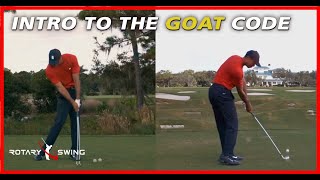
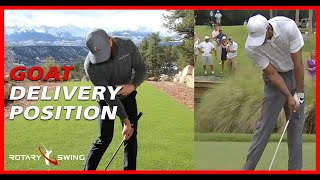
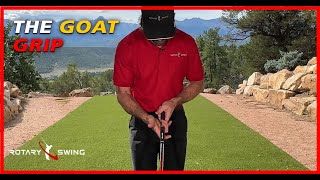
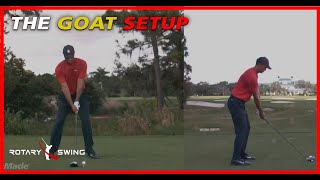
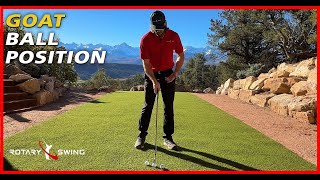
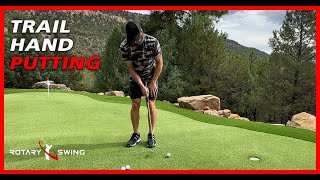

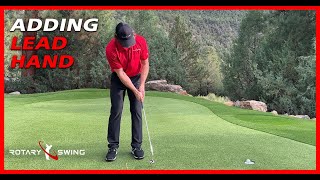


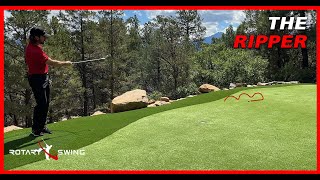
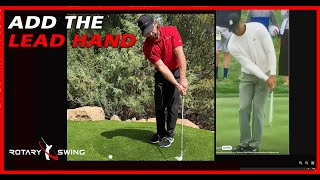


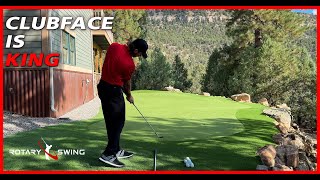
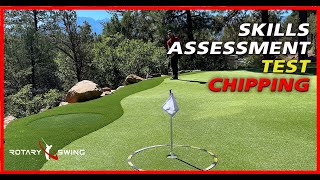
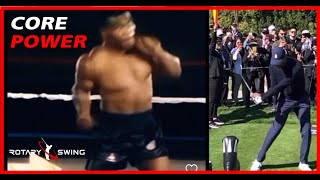
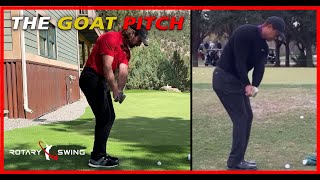
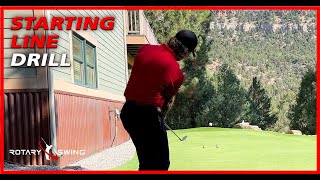
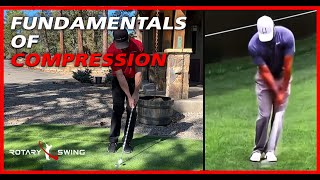
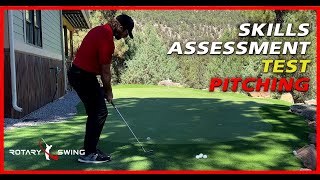
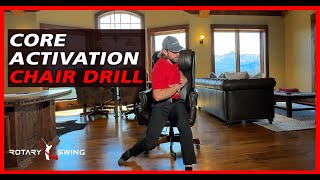
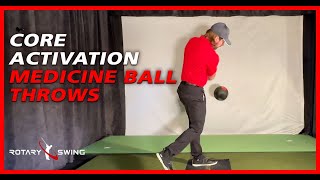



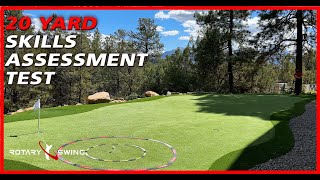
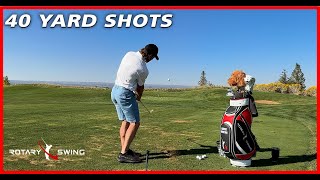
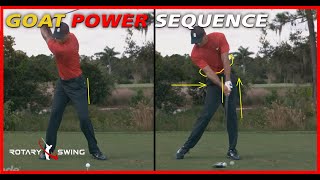
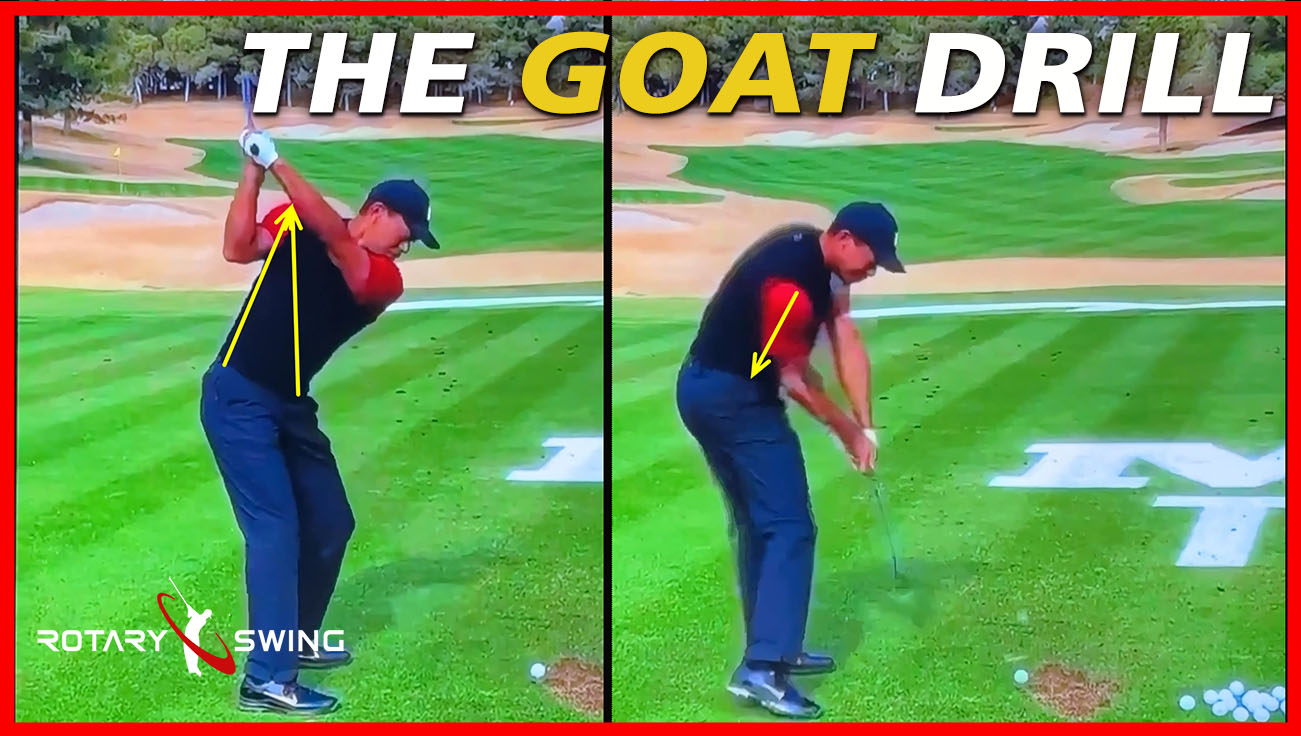
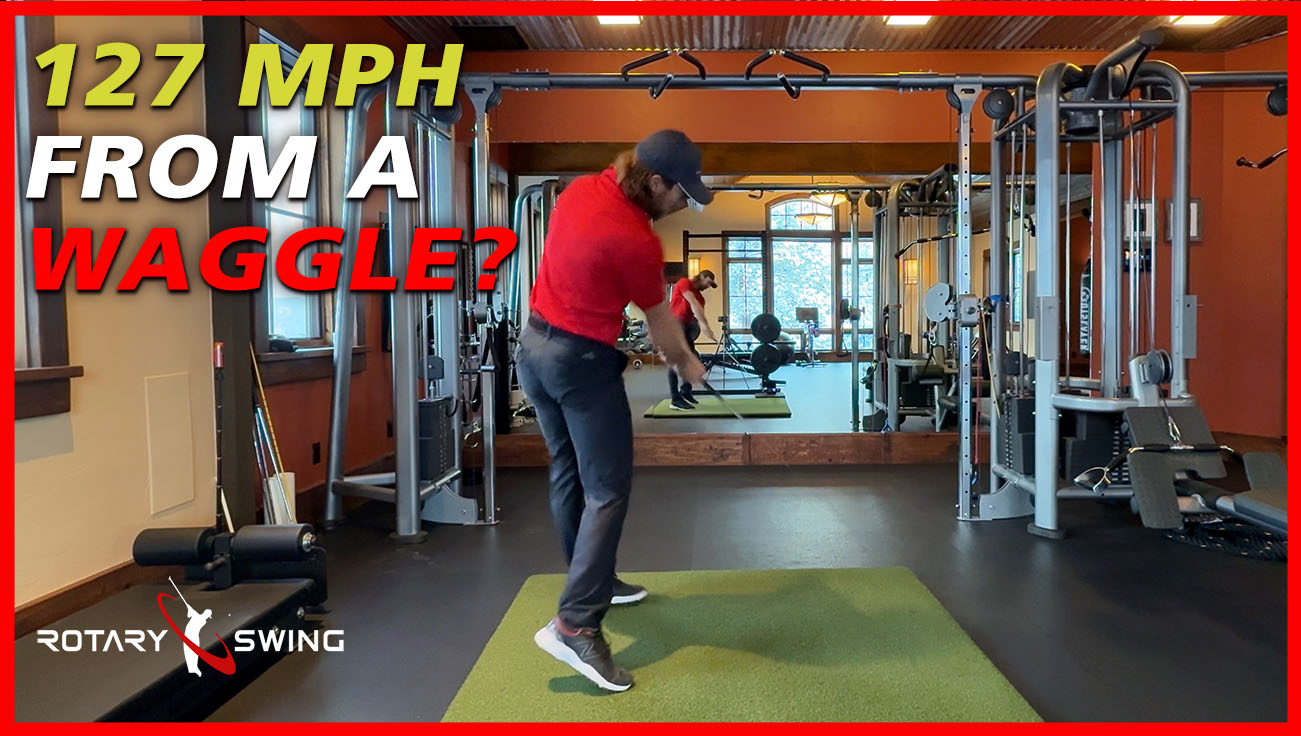
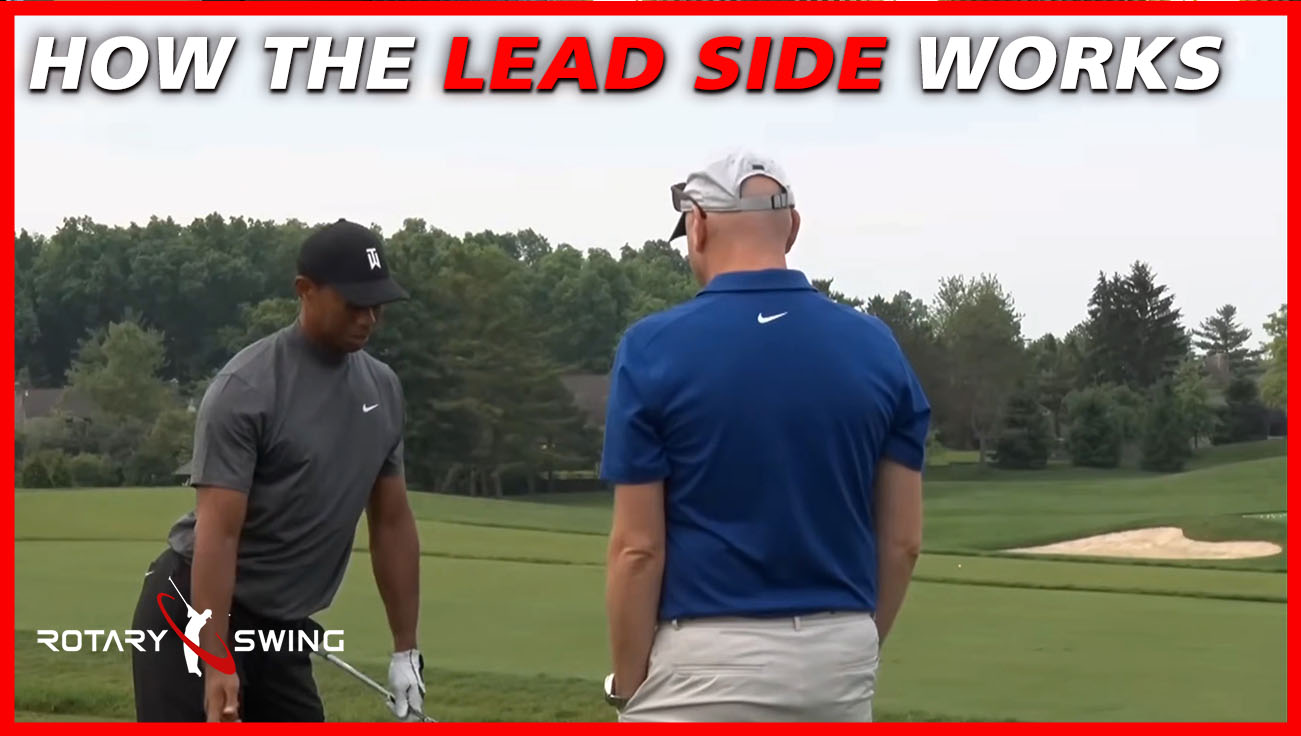
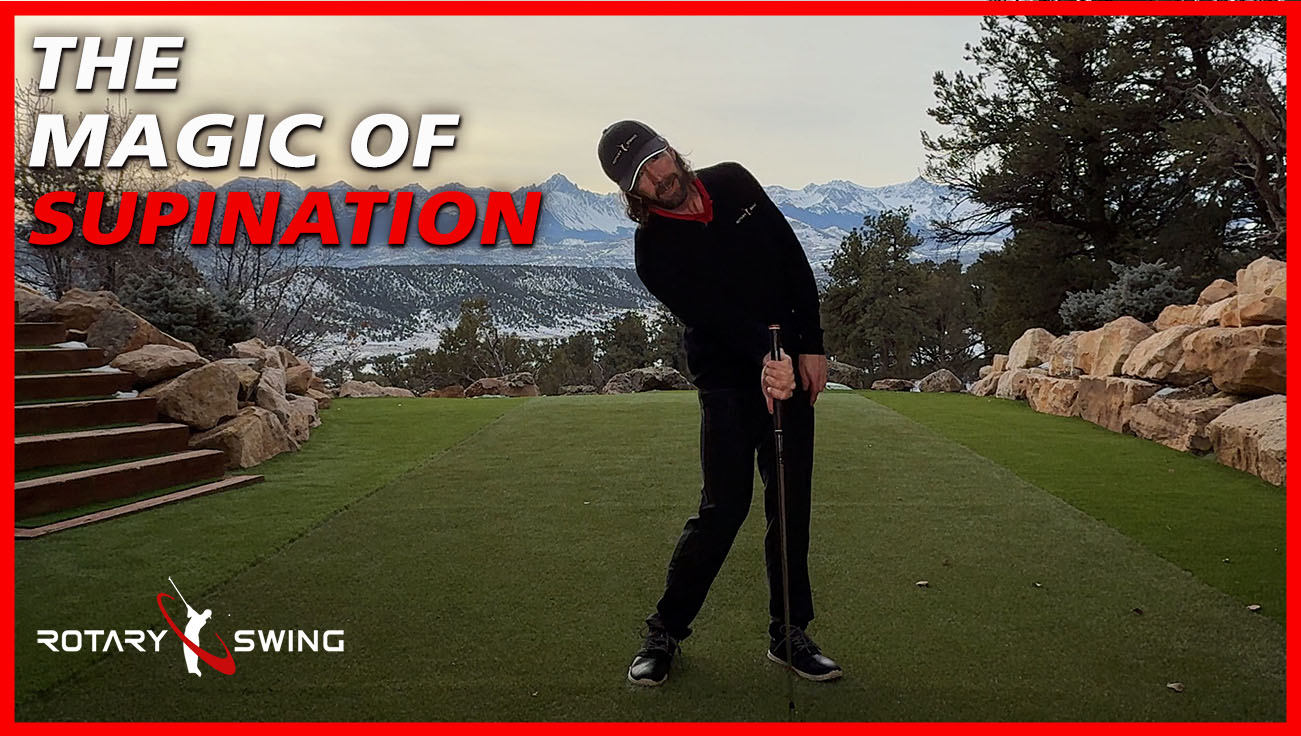

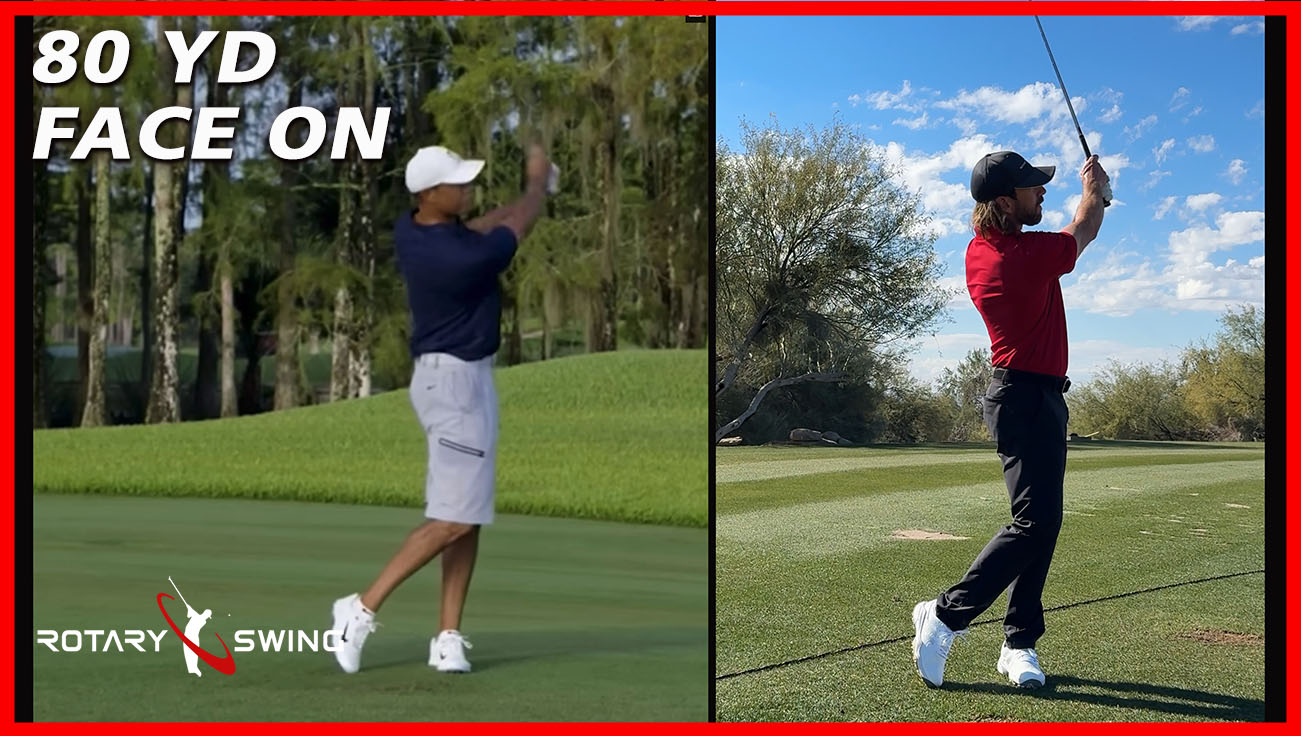
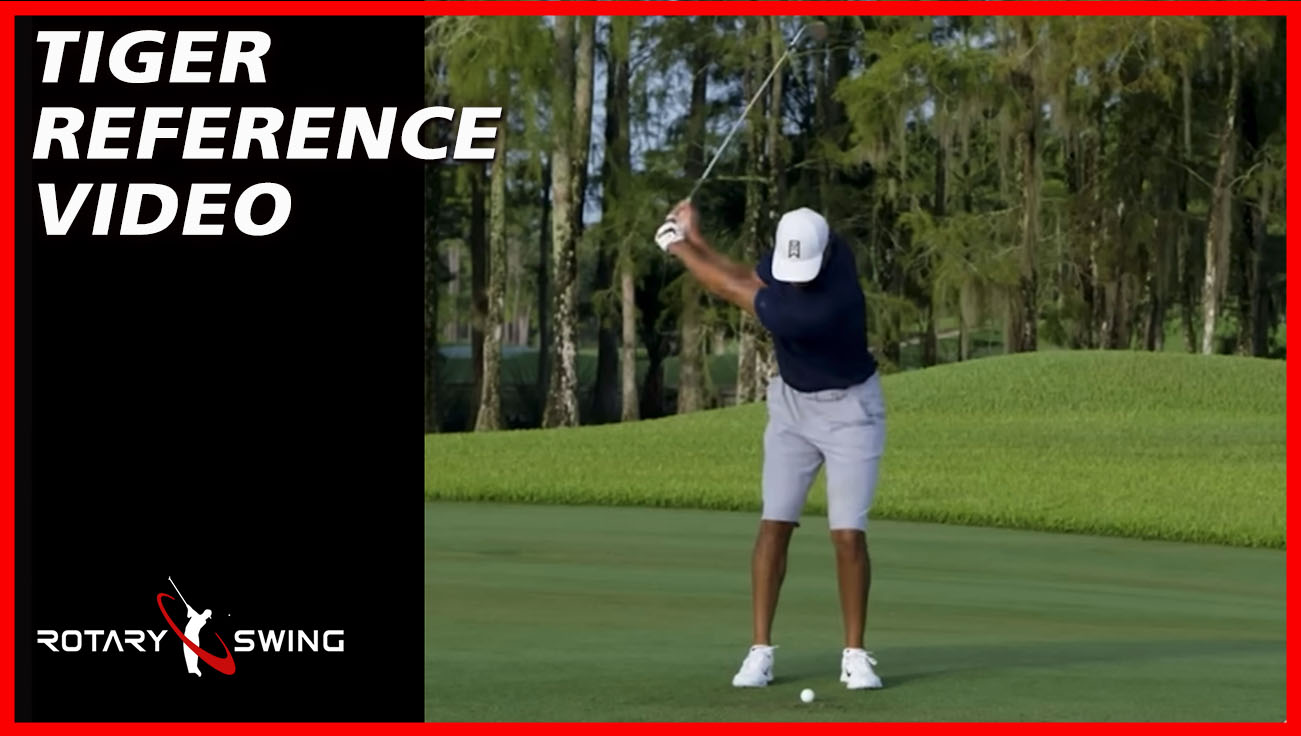
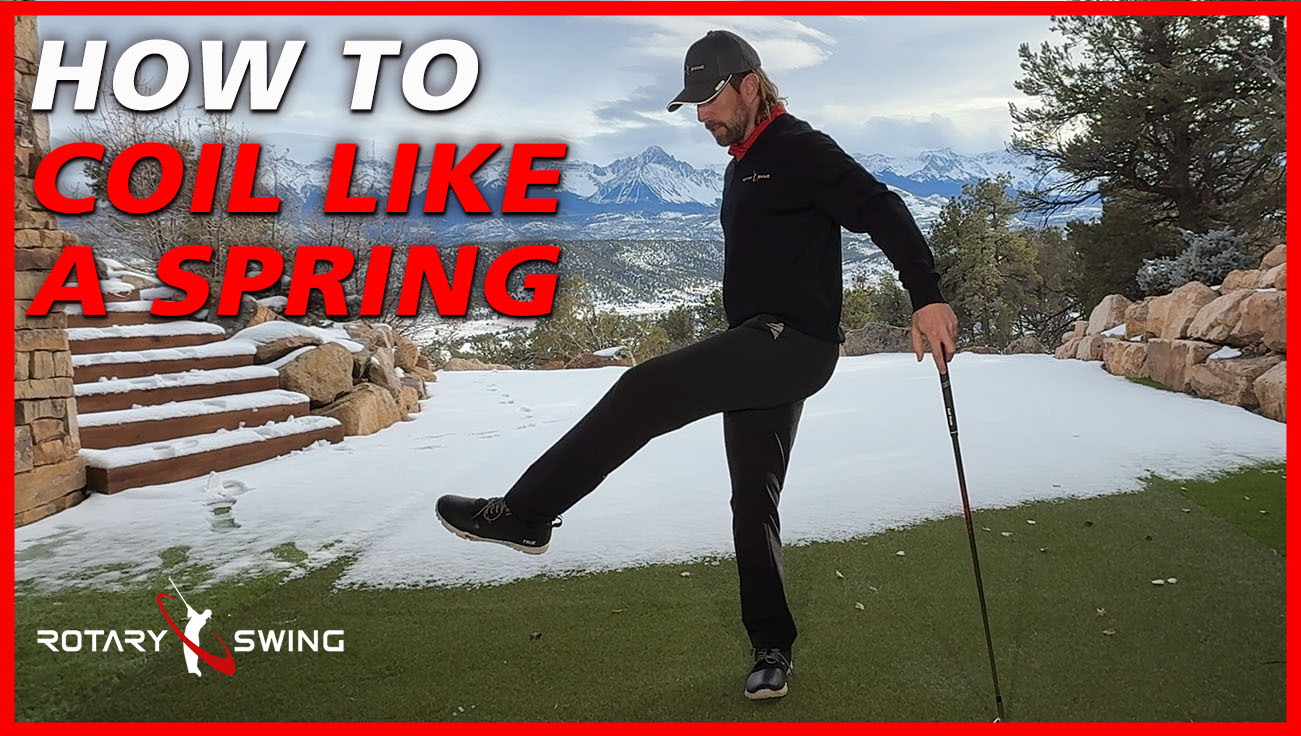
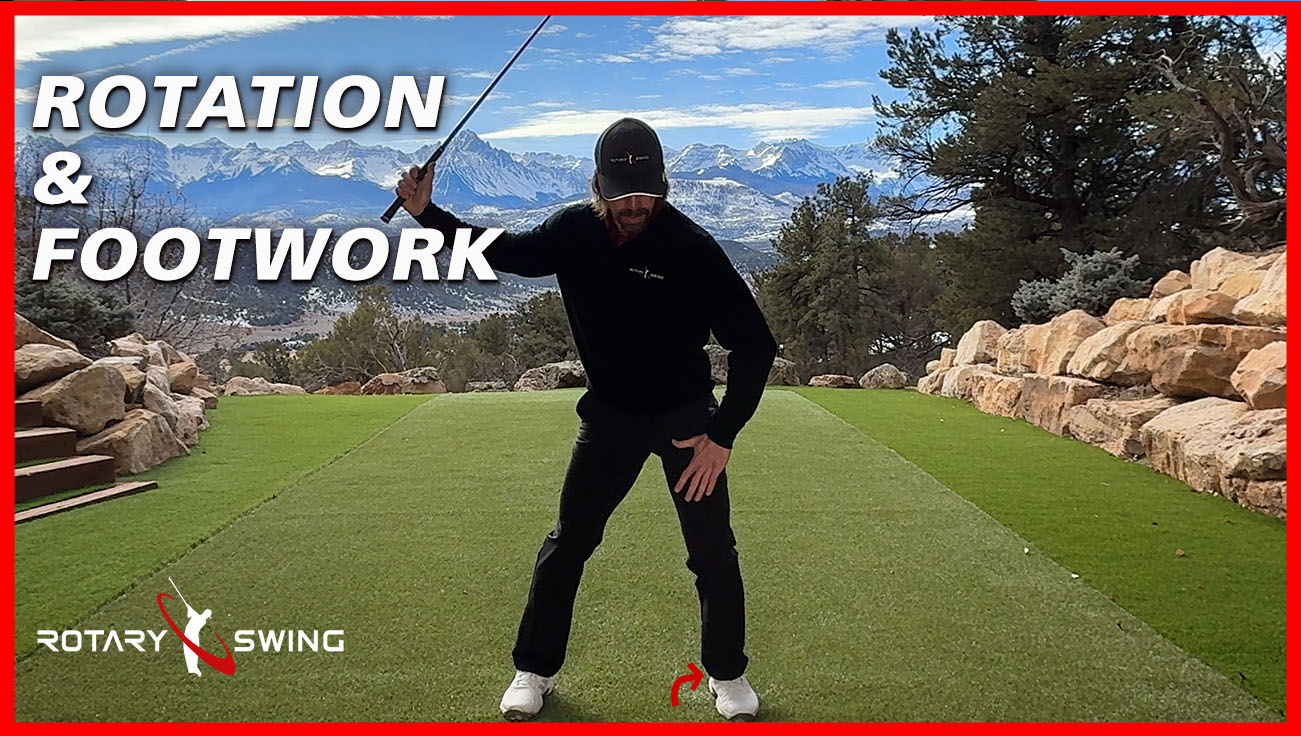
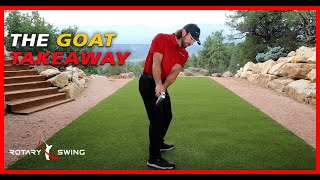
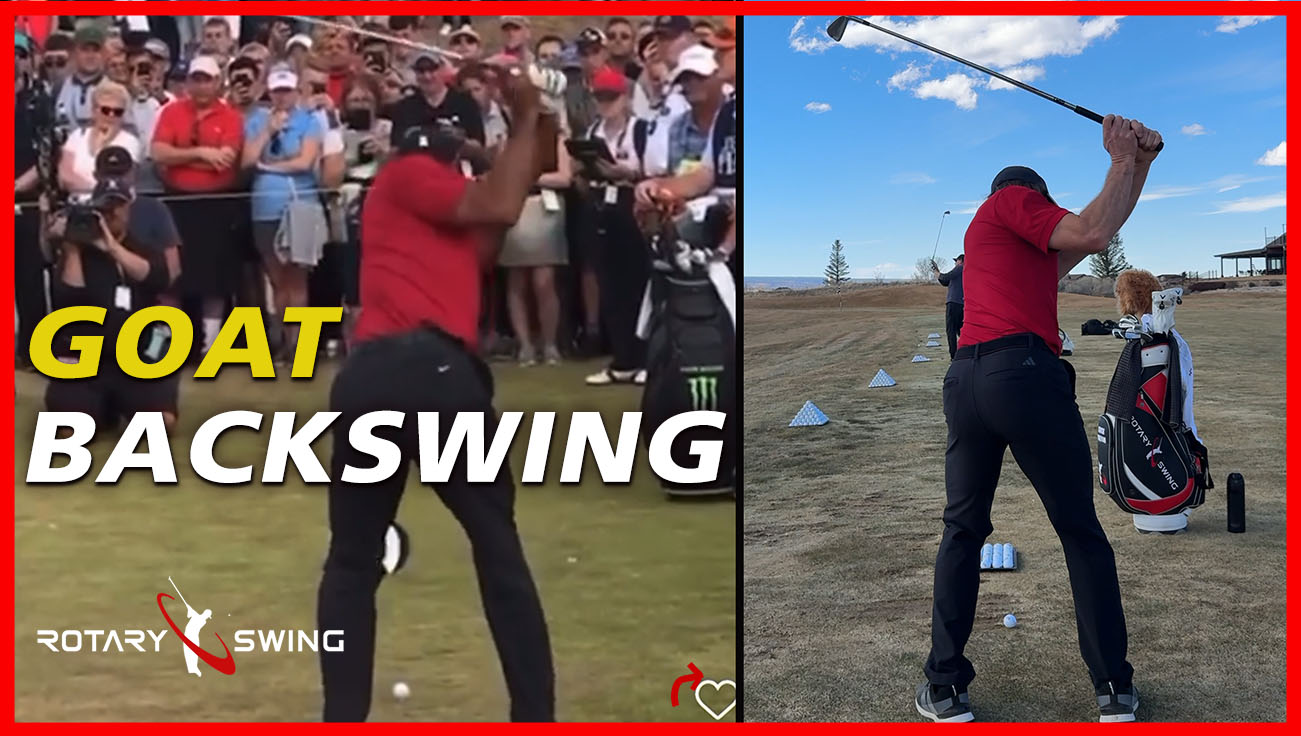
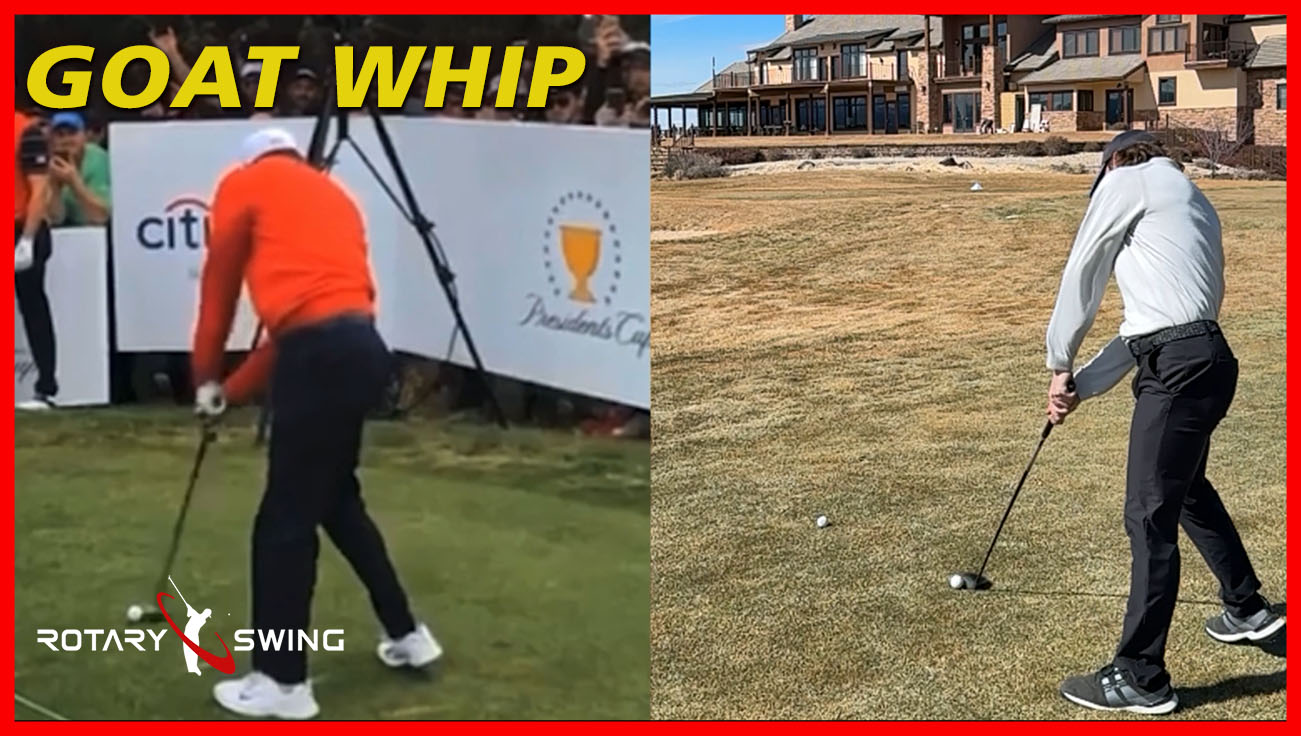
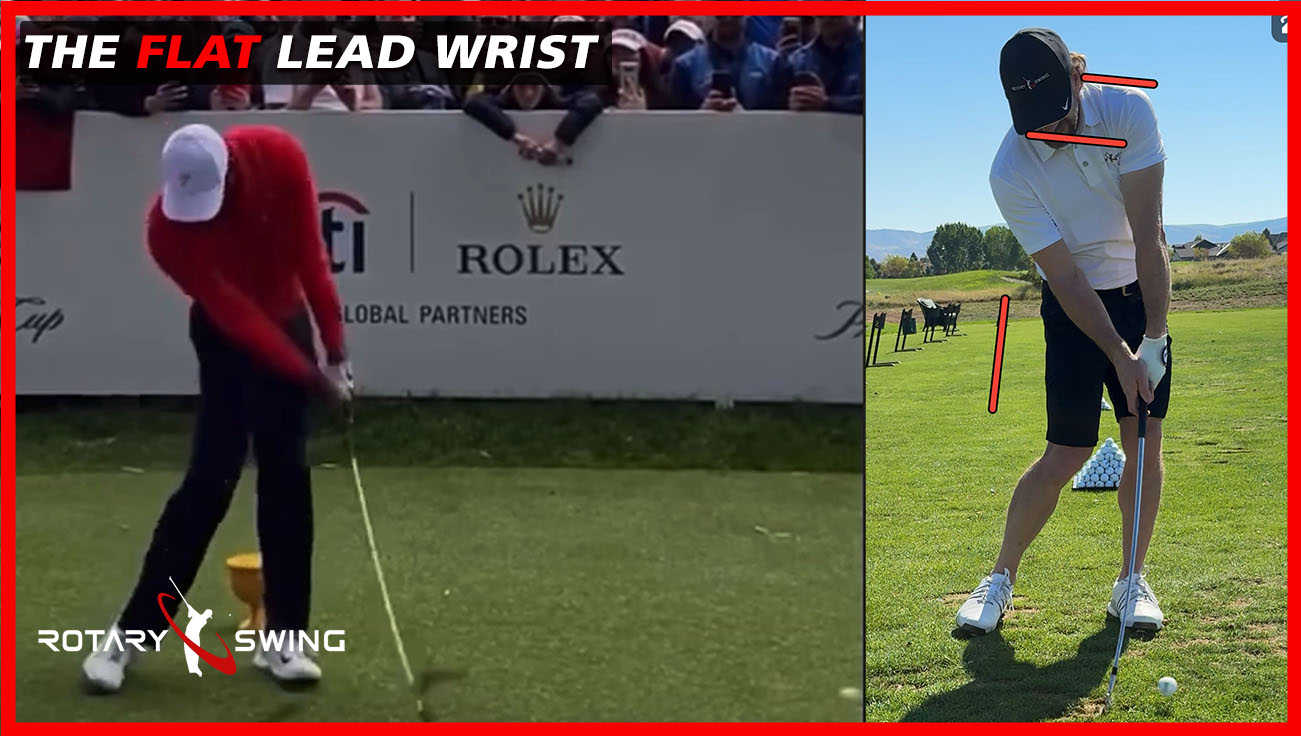
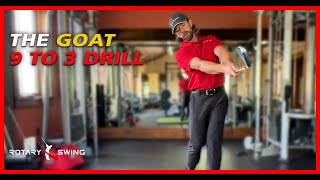
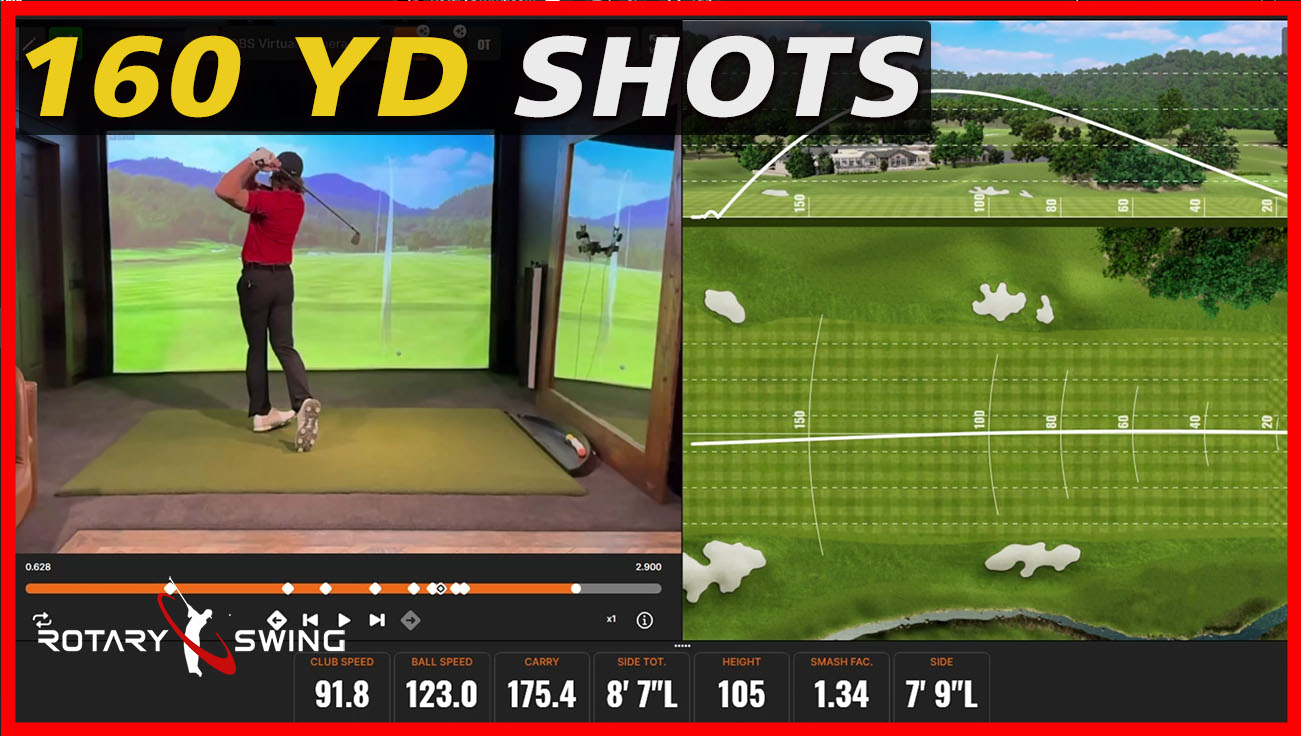

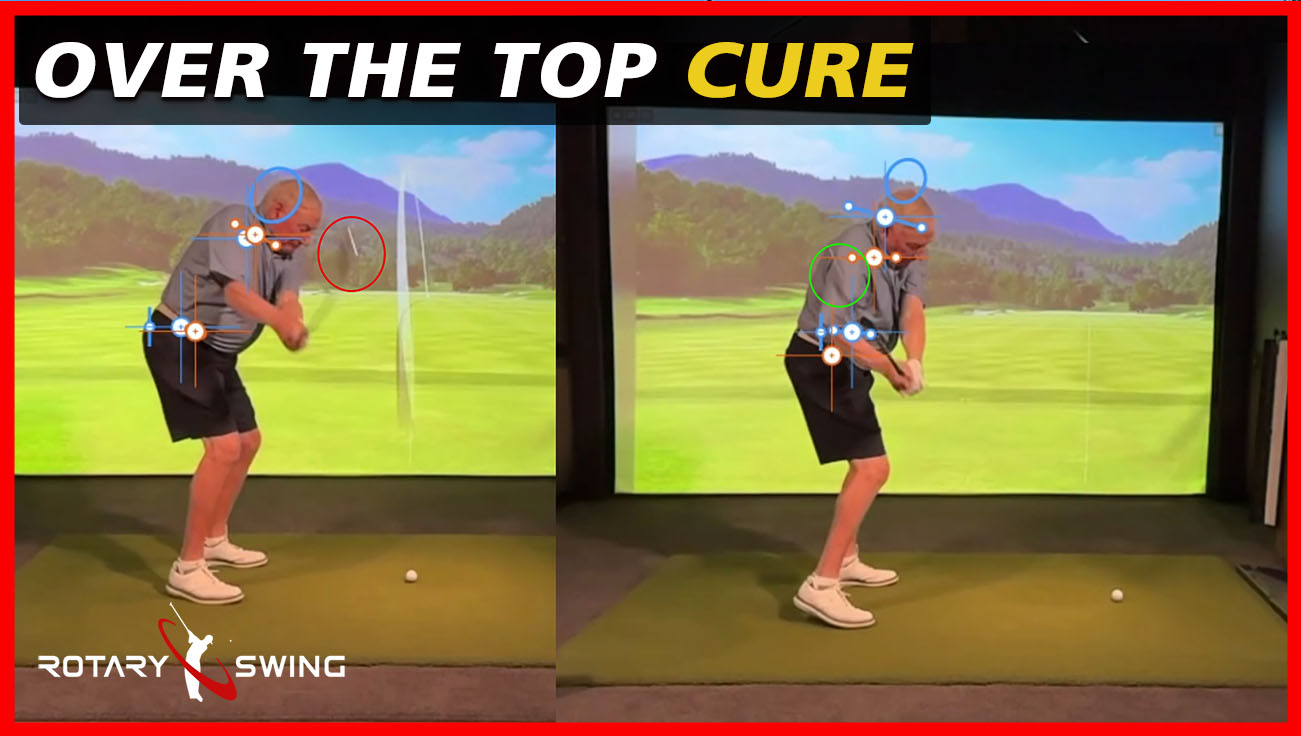
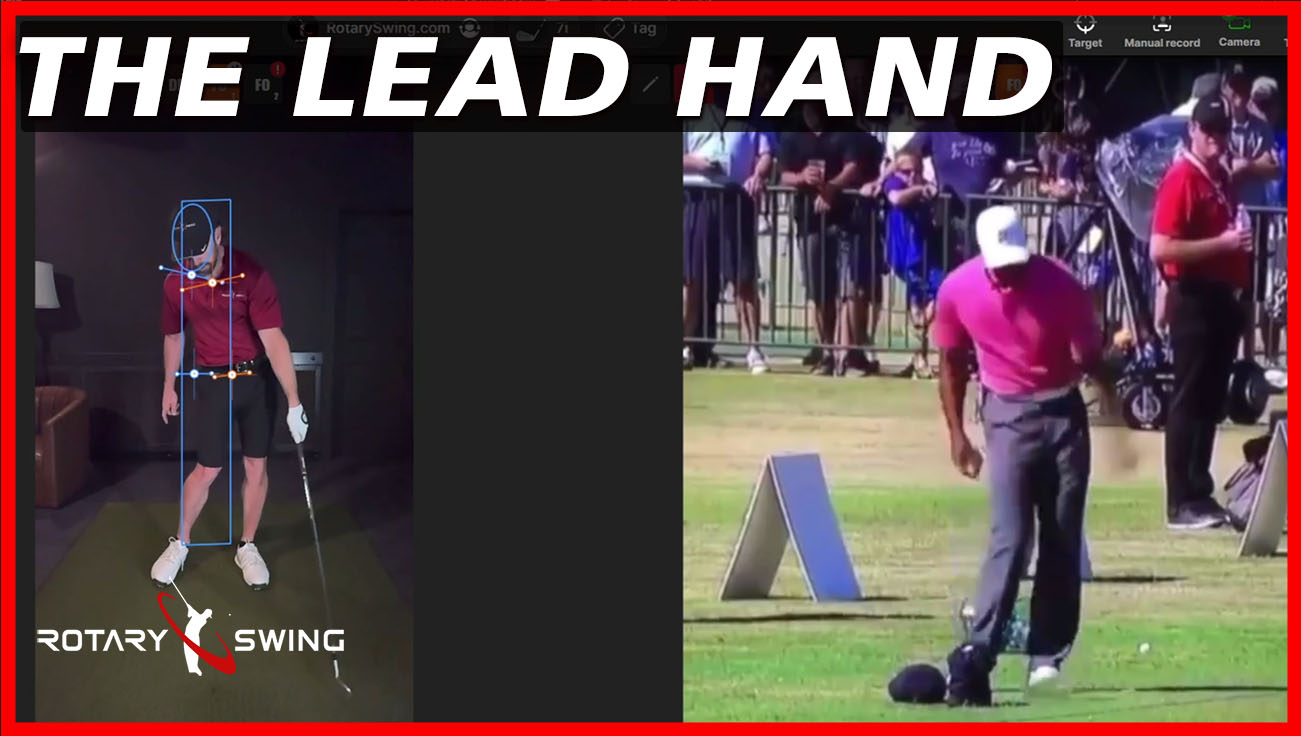
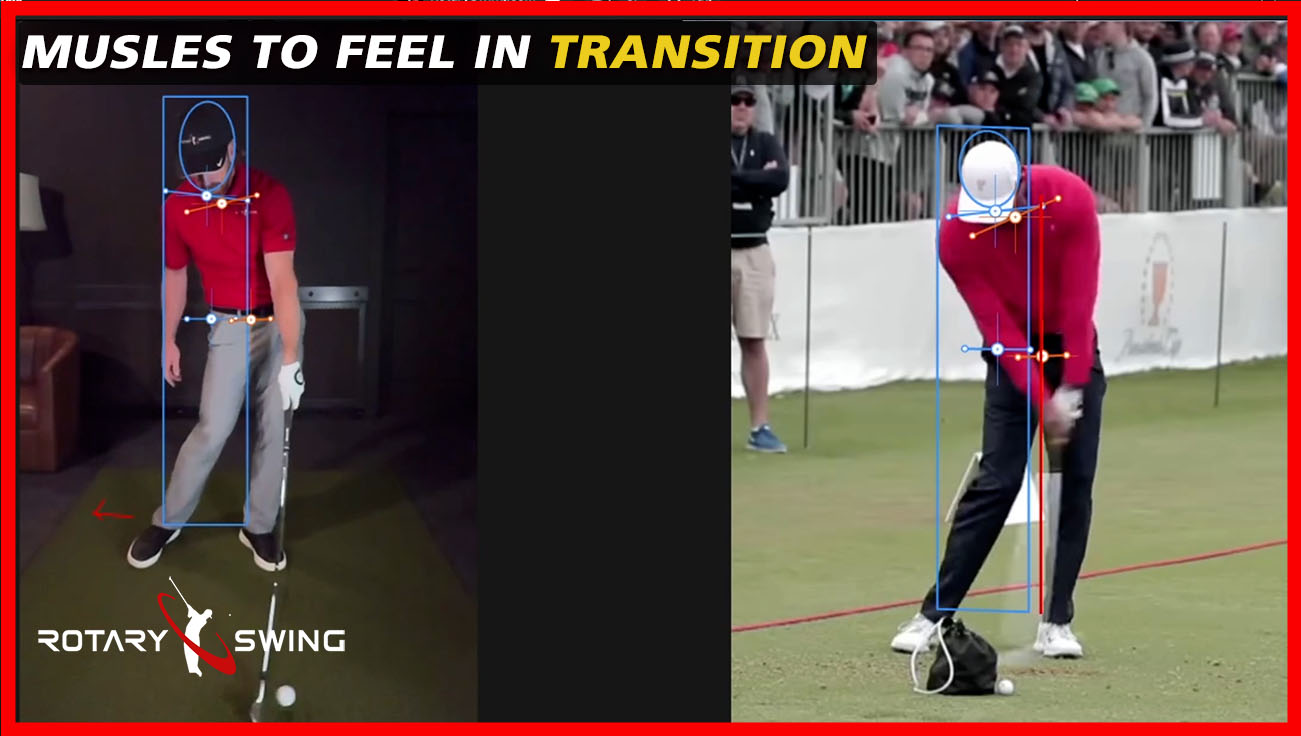
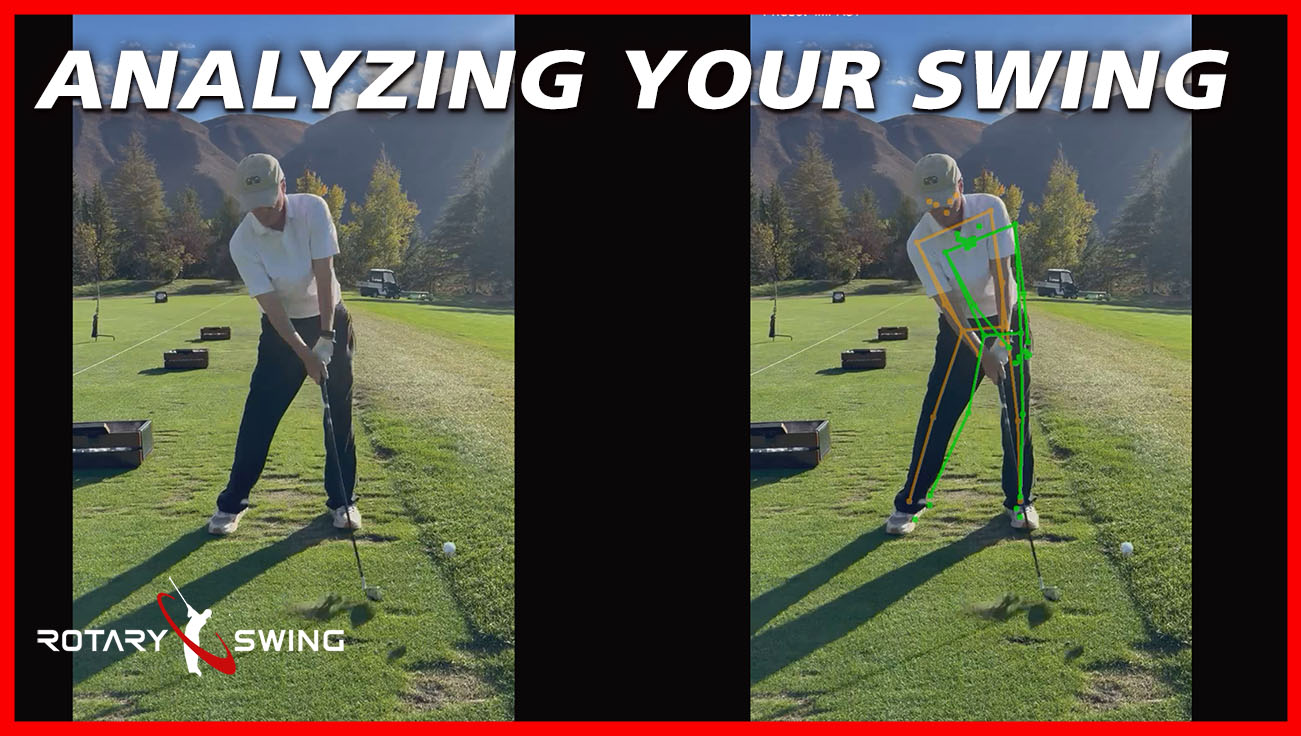
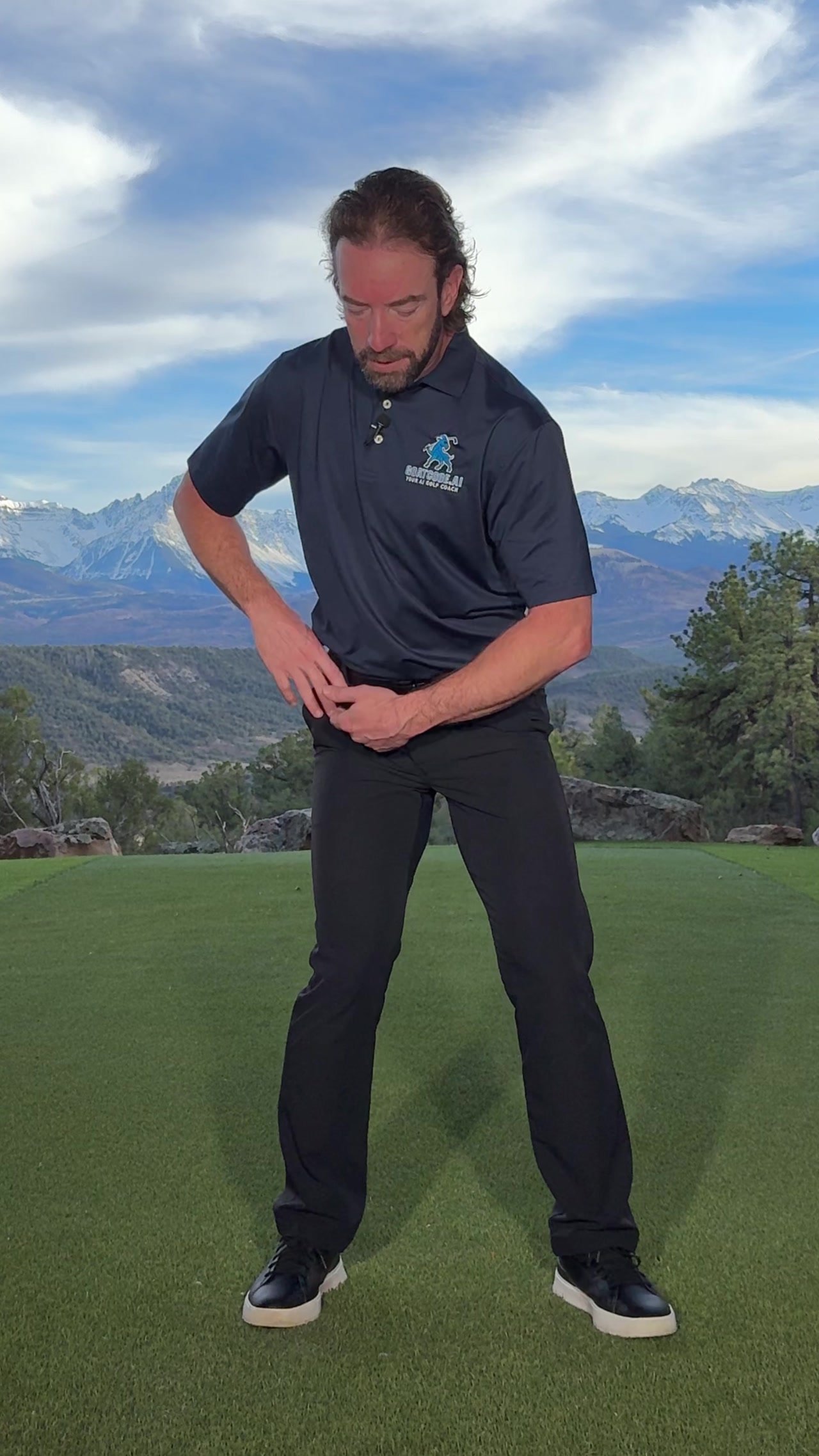
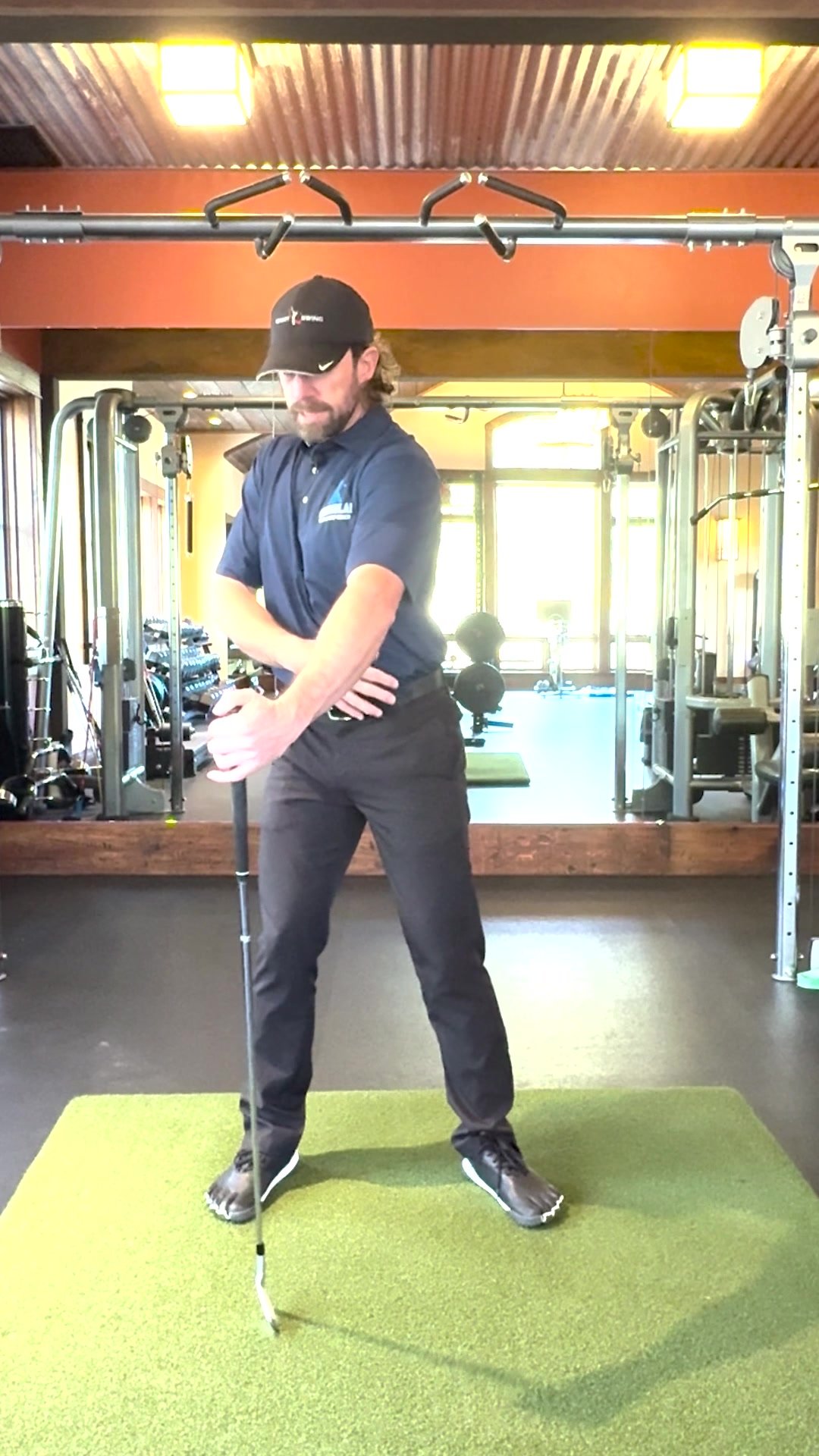
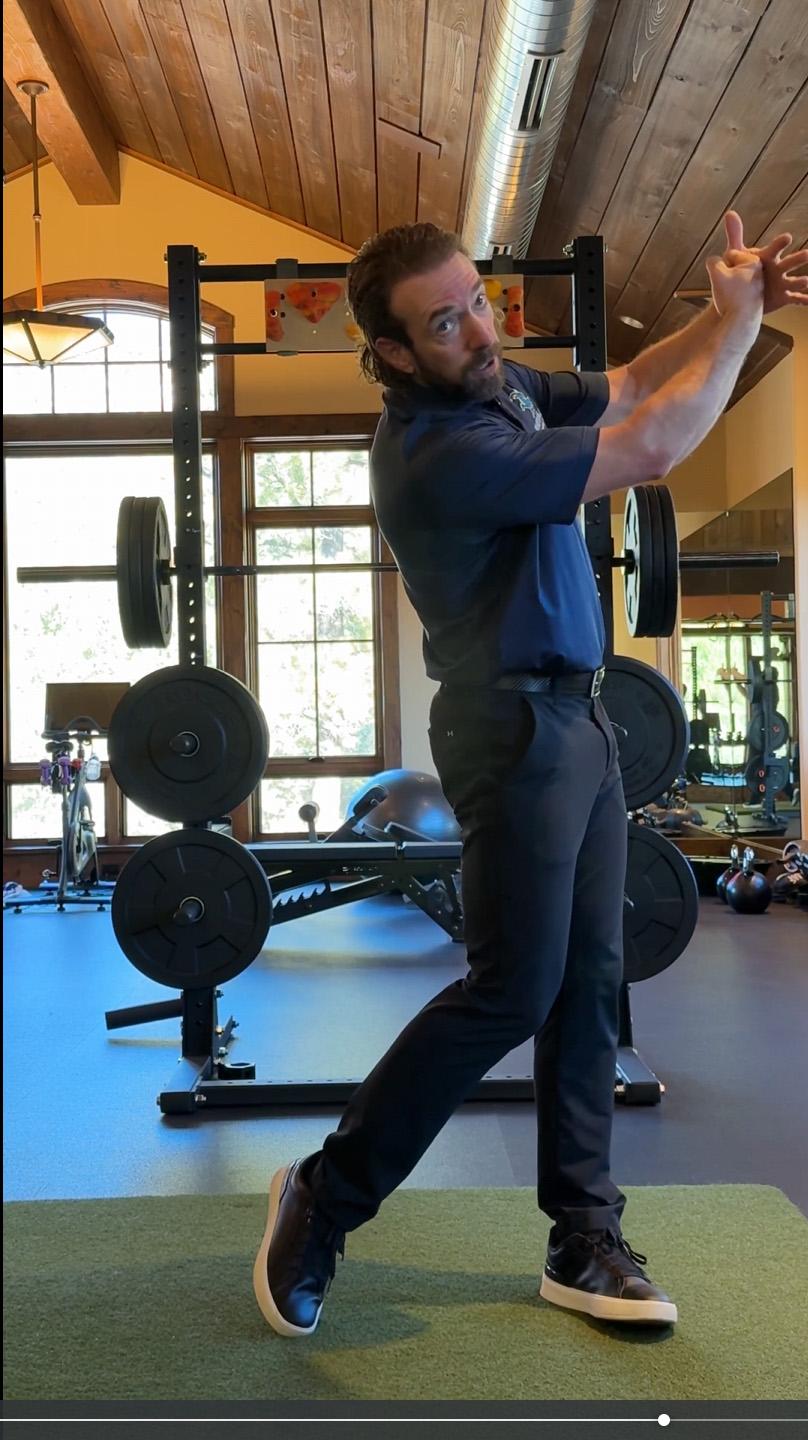
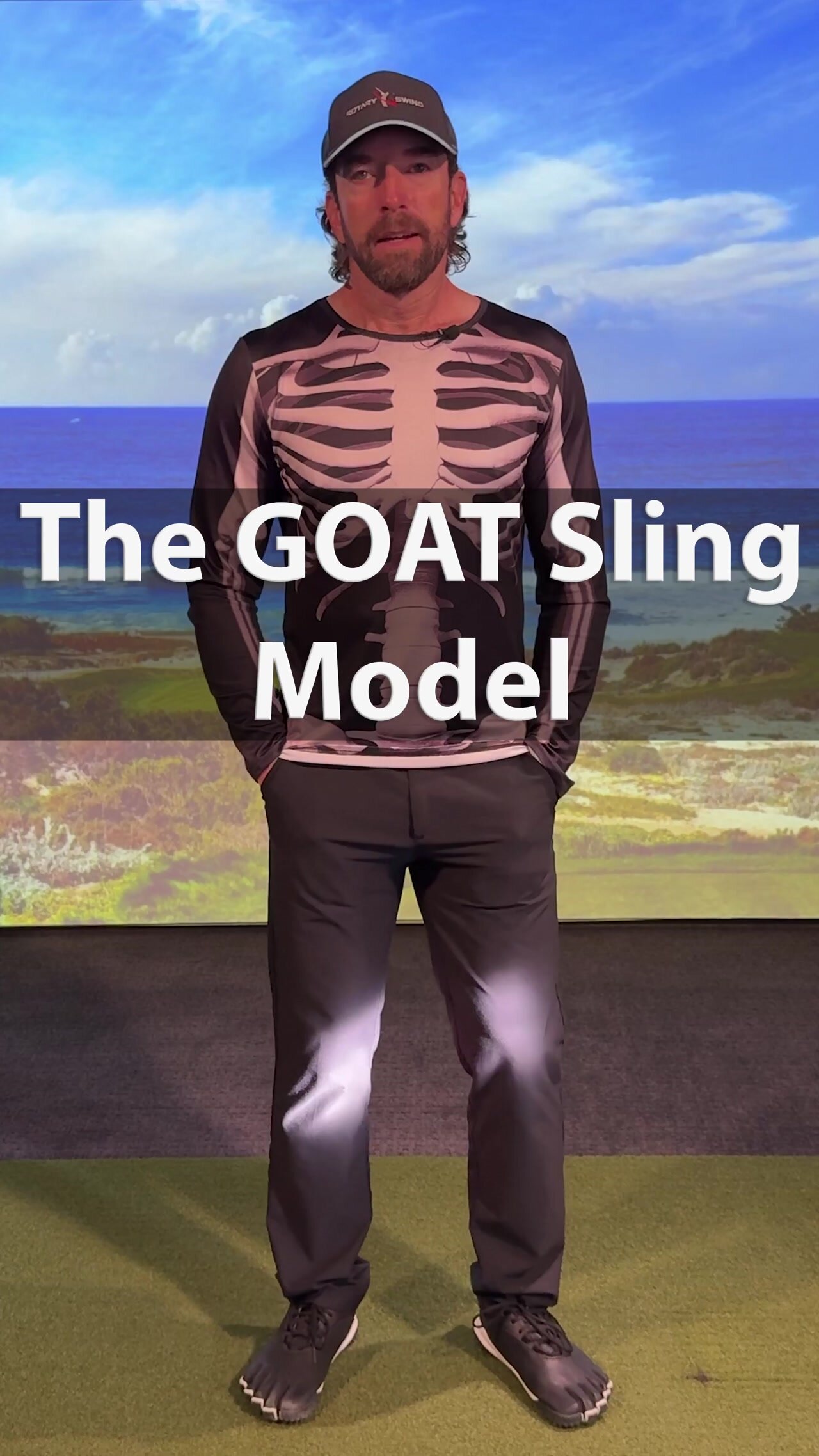
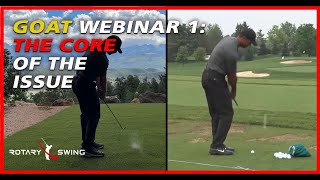
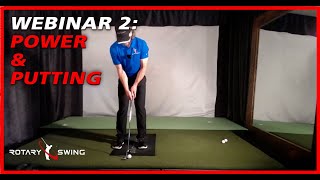
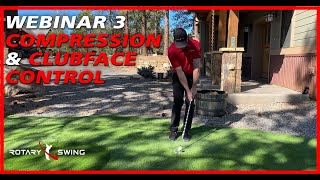
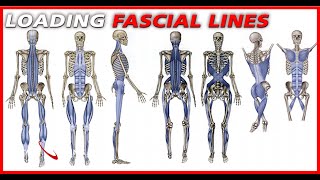
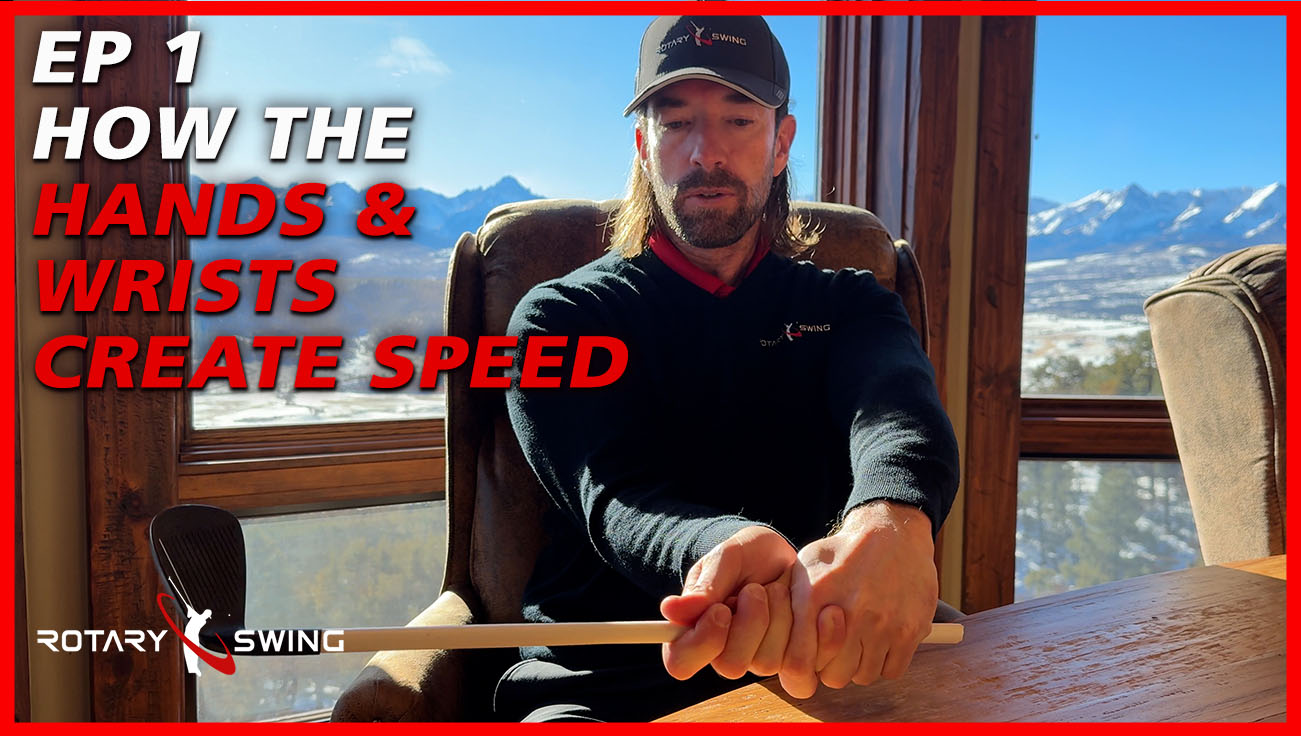

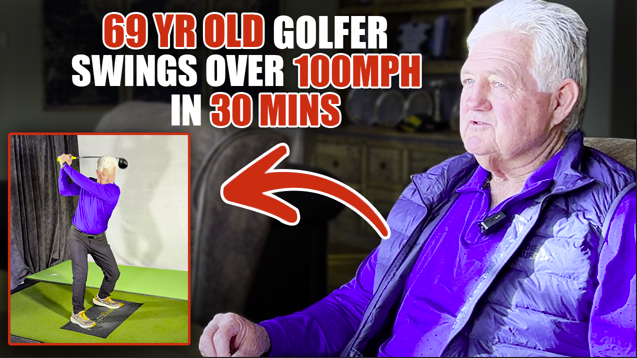
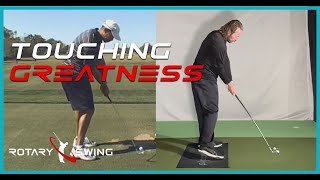


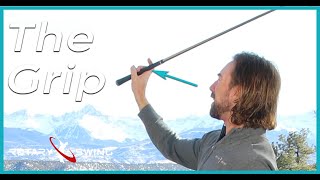



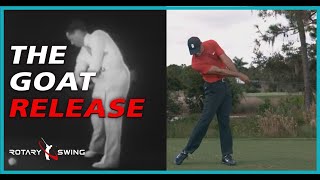
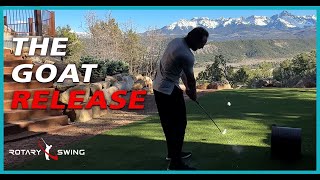
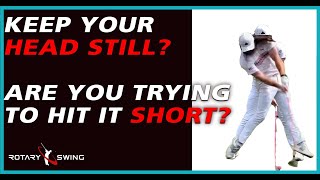

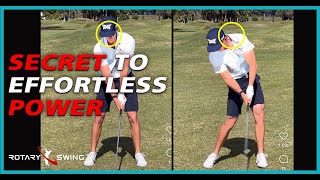
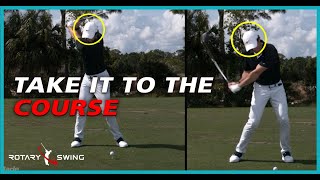

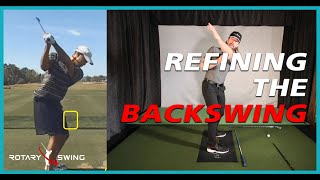
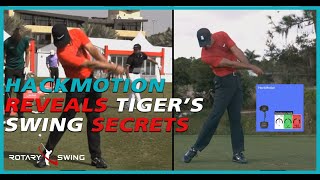
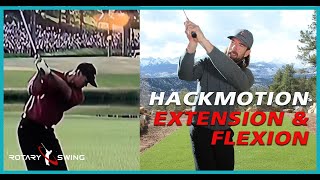
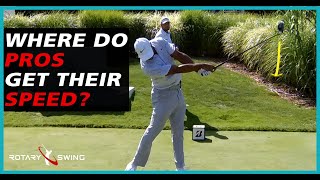
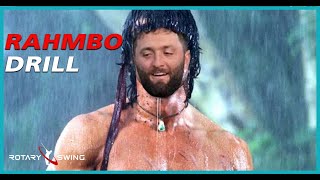
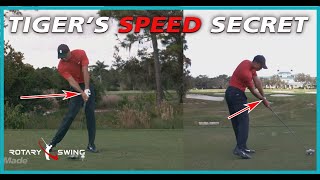
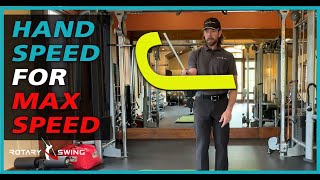
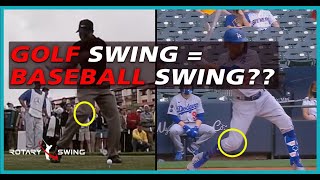
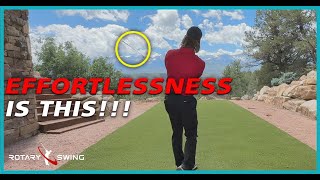
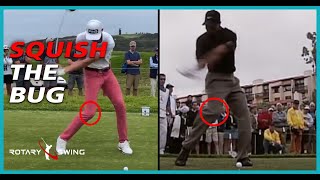
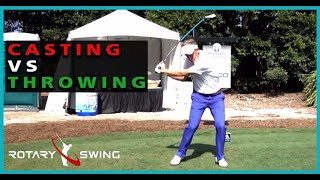
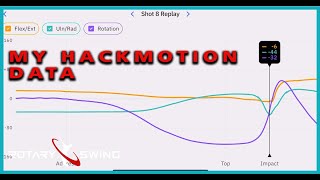


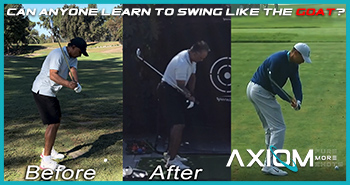

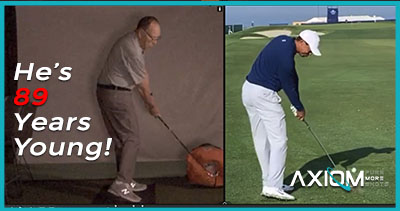

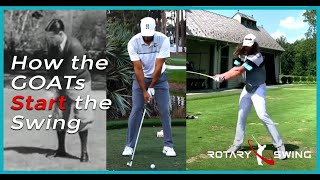
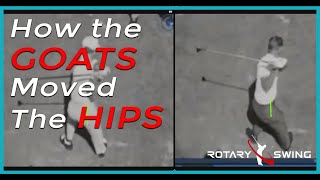
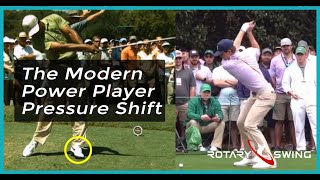
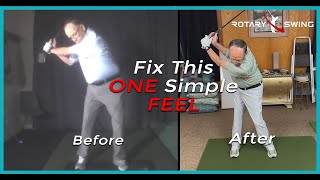
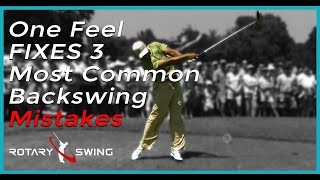
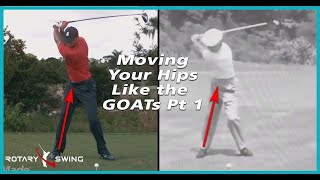
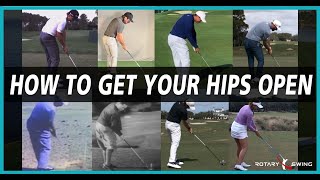
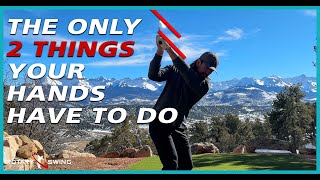
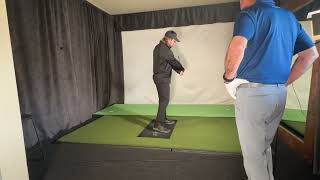
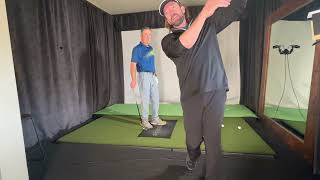
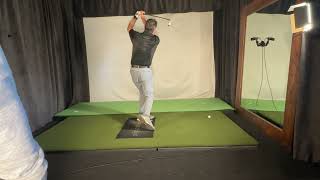
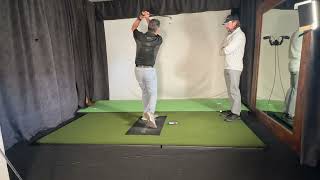
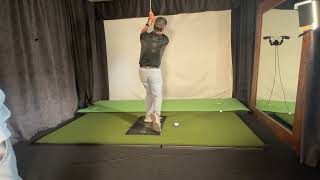
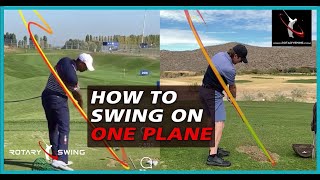
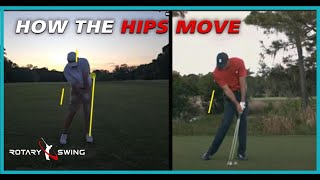
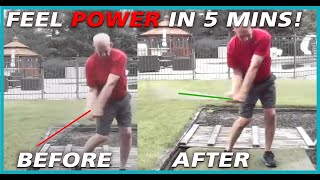

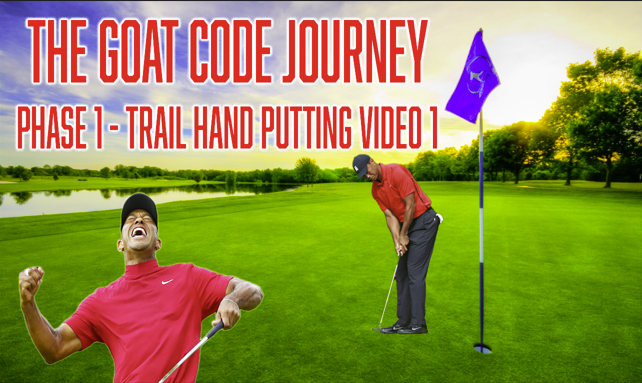
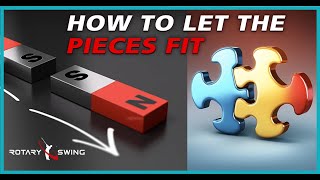


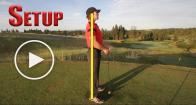
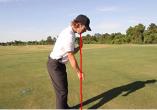
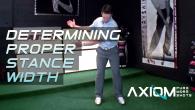



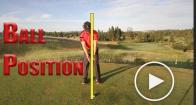

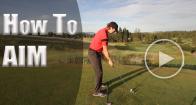

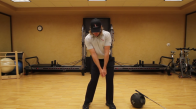


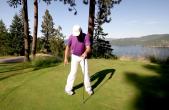




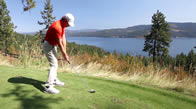




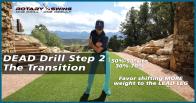
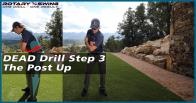





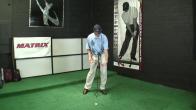

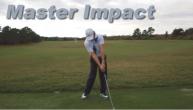

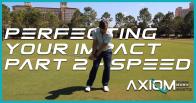
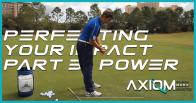


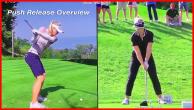

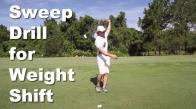


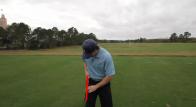
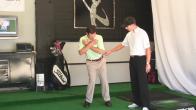
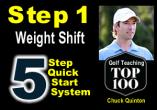
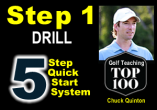
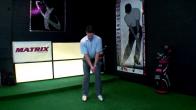

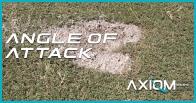
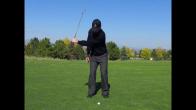

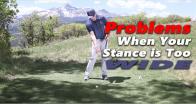



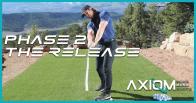








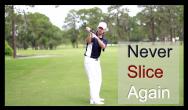
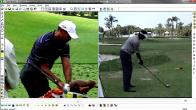


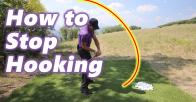



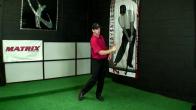
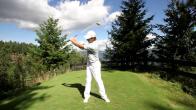
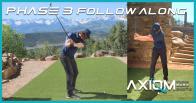

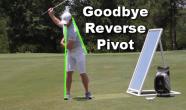
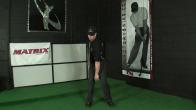

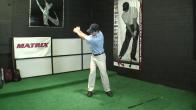


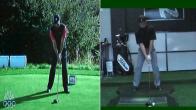
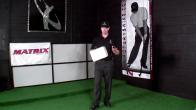

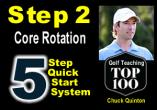
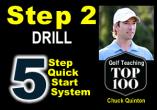
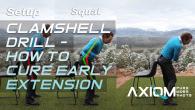

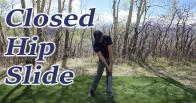



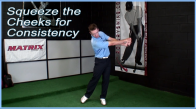
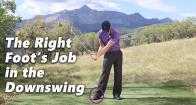
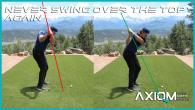
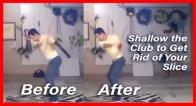
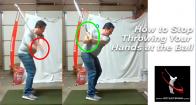

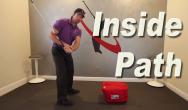
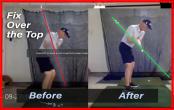





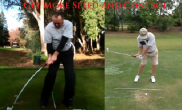




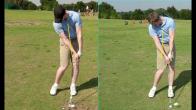


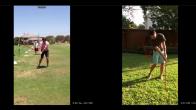

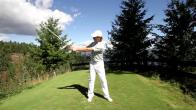

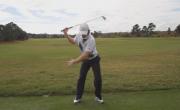
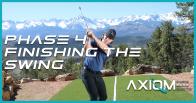

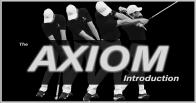







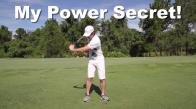
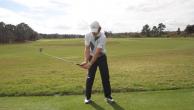
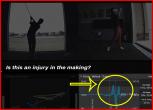
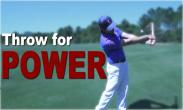


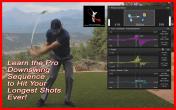
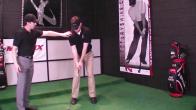






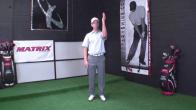



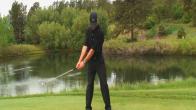
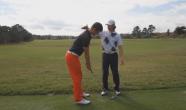

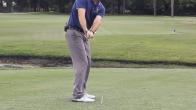
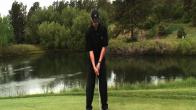
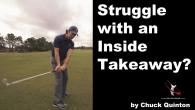




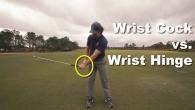



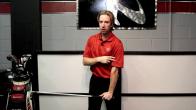
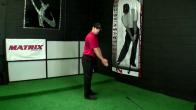
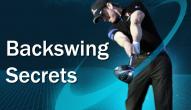


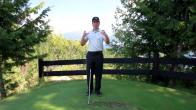

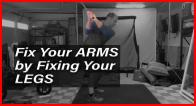

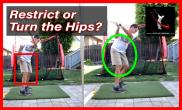
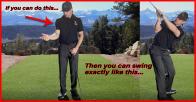

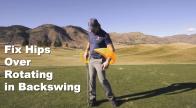

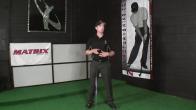
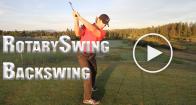




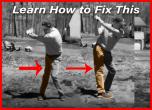







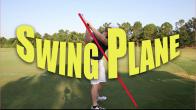
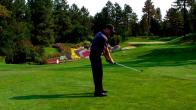


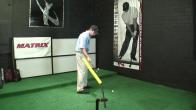
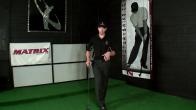
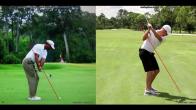






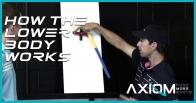
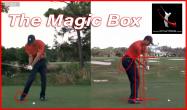
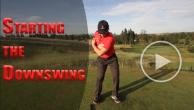
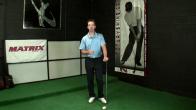


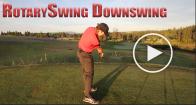
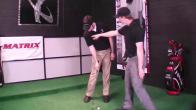
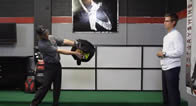
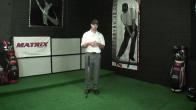
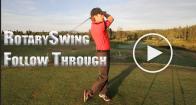
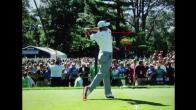
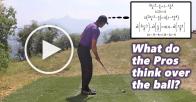
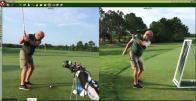



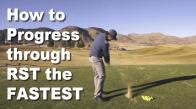
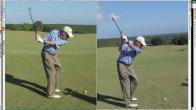

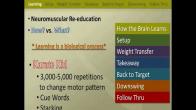
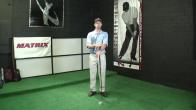

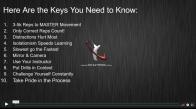
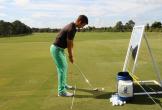
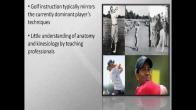
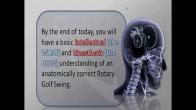
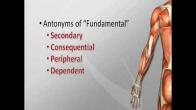
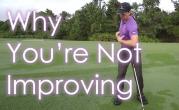
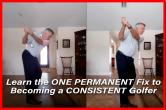

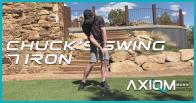
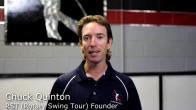


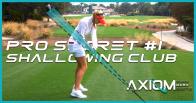
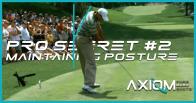

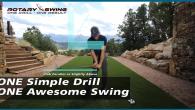
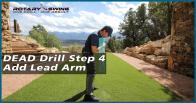
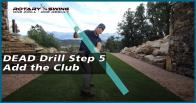
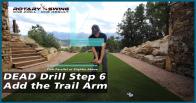
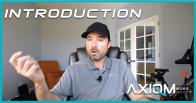




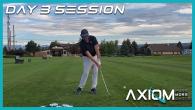

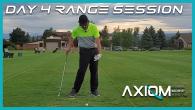

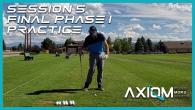
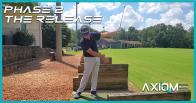

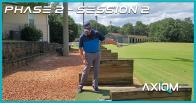
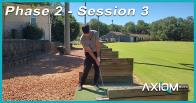
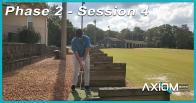
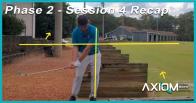
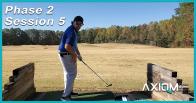
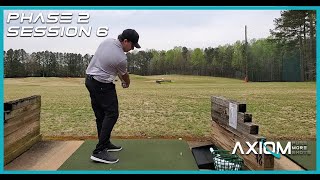
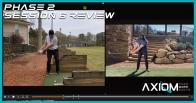
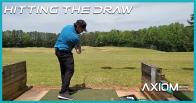

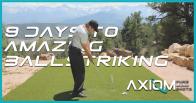
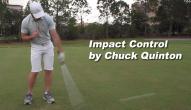
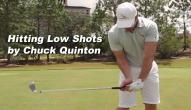

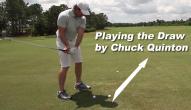
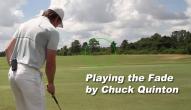
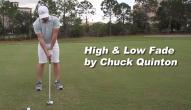
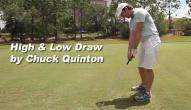
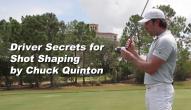


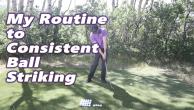
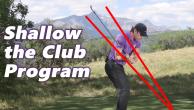
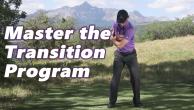

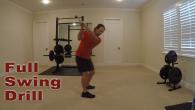


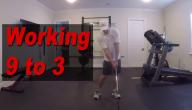
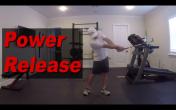
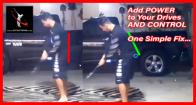
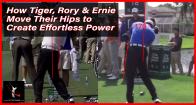
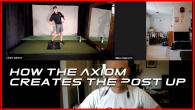
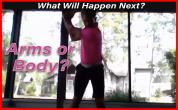
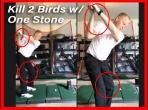
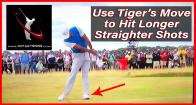

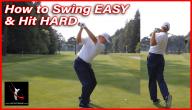
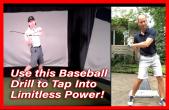
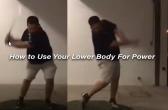
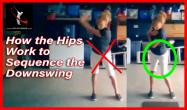
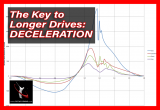
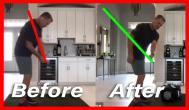
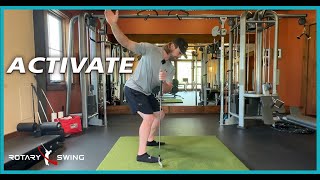
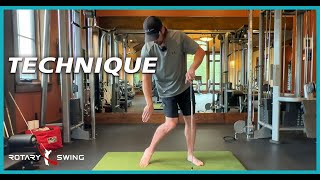
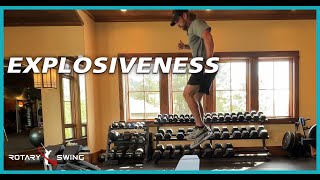
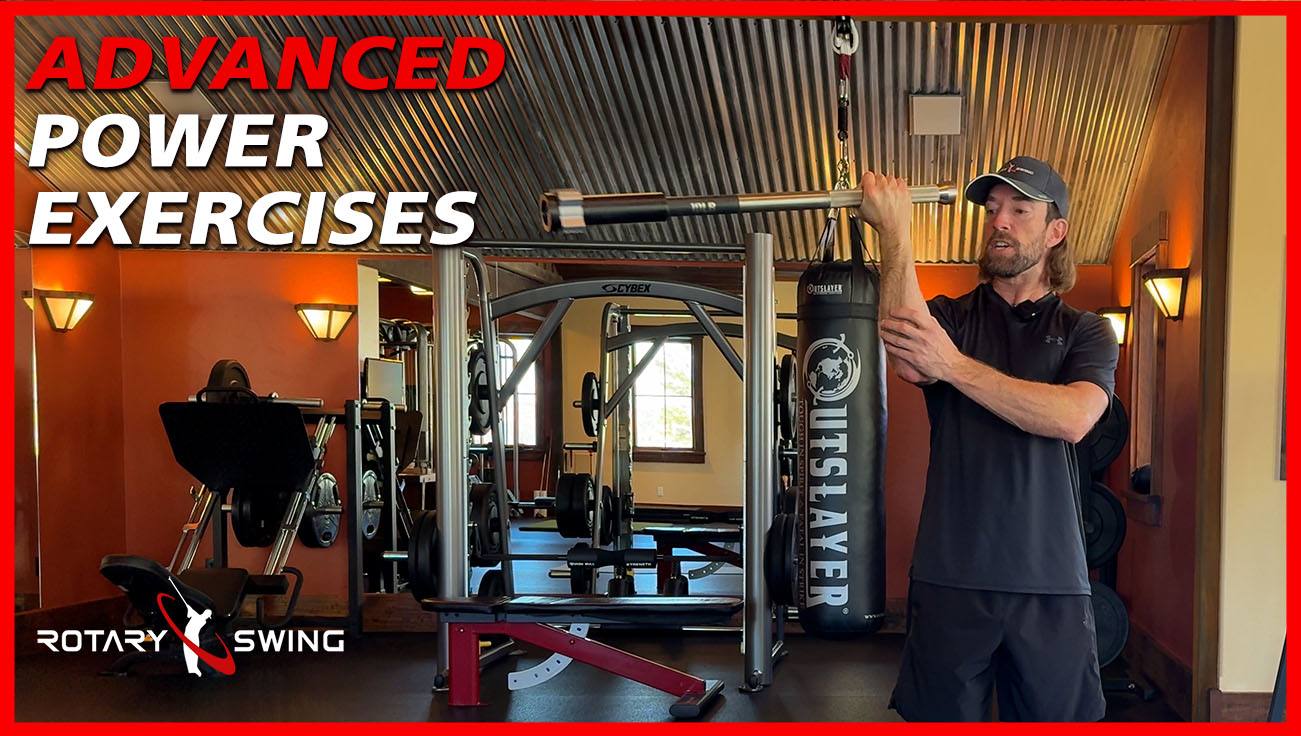
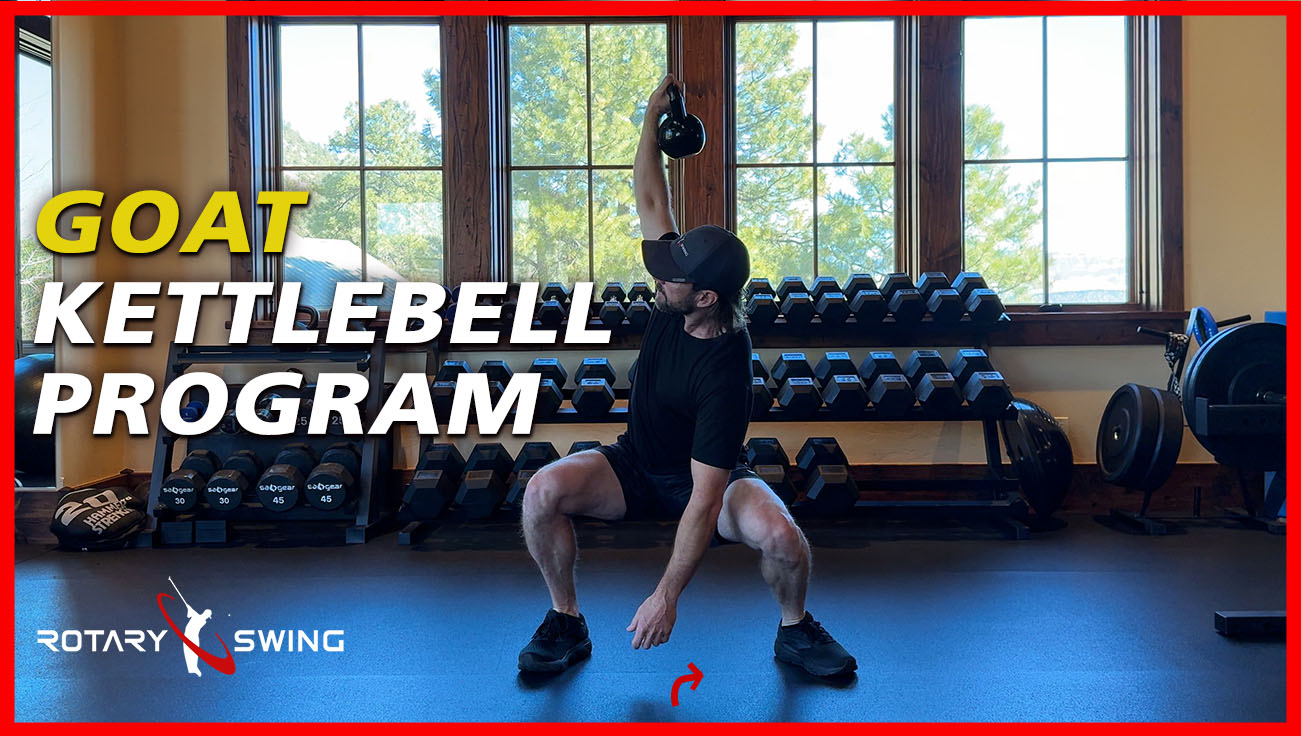

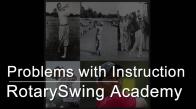
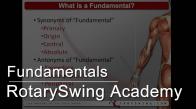
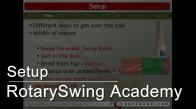


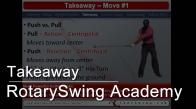

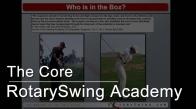
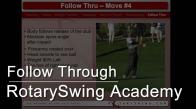







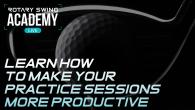
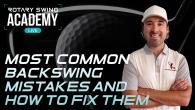

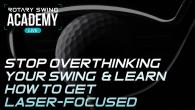



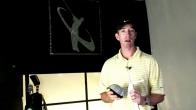
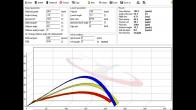
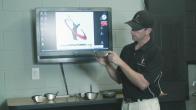



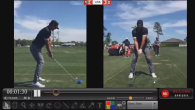
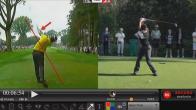

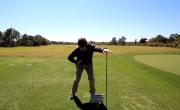

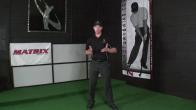
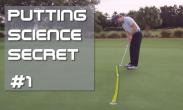
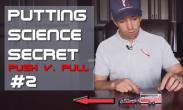


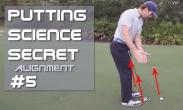
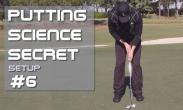

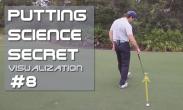

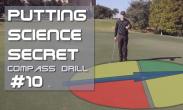
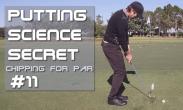




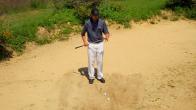

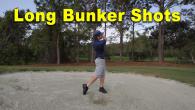

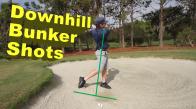
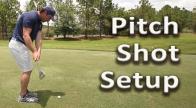


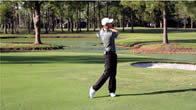



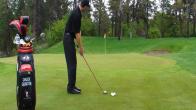
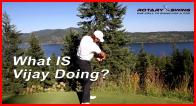





Andreas
Craig (Certified RST Instructor)
Andreas
Craig (Certified RST Instructor)
Yashodhan
Craig (Certified RST Instructor)